The past frozen in archives and crafted in studios, the present captured on the fly, up close, the future envisioned in scripts, skilfully transferred to the set, or created through the uninhibited imagination of animators. The strength of the International Short Film Competition lies in its diversity – both in terms of genres and themes. This year, 38 films have been invited to compete, including four Polish titles.
The International Short Film Competition is going to feature a total of 22 world premieres, six international premieres, and ten Polish premieres. Each of the 38 films has a chance to win the Golden Dragon, a recommendation for the European Film Award, and a shortened path to Oscar nominations.
Documentary Films
The number of submissions seems to have reached a record high, and I’m also under the impression that short films in general are becoming longer. Is it possible to identify any dominant themes? Time and again – and unfortunately – it’s wars and stories of refugees and losing loved ones. It’s the need shared by young people to seek their own roots – often through family archives. It’s protests and the ongoing struggle for human dignity and human rights – in various corners of the globe. Finally, it’s intimate family stories – especially the relationships between parents and children. The selected twelve are the cream of the crop of all submissions, as well as a reflection of these standout trends, – summarizes Maciej Gil, film expert and KFF selector.
Documentary filmmakers draw from archival materials particularly often. In the film Autism Plays Itself director Janet Harbord extracts footage recorded in a London hospital in 1957 documenting children exhibiting atypical behaviour. Many years later, three adults on the autism spectrum watched and supplemented the archival footage with their commentary about the young patients. Unearthed by Italian directors Francesco Bovara and Giovanni Merlini, the footage used in the documentary Force and Courage, Rise and Decline of an Italian Football Club extend far beyond the history of the titular club. The story of the team intertwines with a political narrative, showcasing some of the bloodiest and most brutal years in the history of Italy from a unique perspective
In the late 1980s a group of Ukrainian filmmakers embarked on several expeditions to remote corners of Siberia. In 2022, during Russia’s invasion of Ukraine, previously unknown footage from these journeys was discovered in Kiyv. This invaluable find becomes the starting point for the essay film Where Russia Ends (dir. Oleksiy Radynski) on Russian imperialism, environmental destruction, and the oppression of indigenous populations in Russian colonies. Meanwhile, footage recorded by Katherine Bisquet may become an invaluable resource illustrating the brutality of the Cuban police and the superficiality of the local court, which unjustly sentenced popular rapper Denis Solís to eight months in prison. In the aftermath of these events, activists began a hunger strike. Inside San Isidro is a shocking record of those events.
We don’t leave Cuba in Babilonia. The film by Duda Gamboga takes us to the largest drag show in the entire province. Twenty-two-year-old Elizabeth de Victoria is about to make her long-awaited debut on the local stage. Similar emotions surely accompany novice writers. The essay documentary Blank Page Syndrome (dir. Jānis Ābele, Toms Šķēle) explores the creative process of writing a book from the writer’s first thought to the manuscript’s printing.
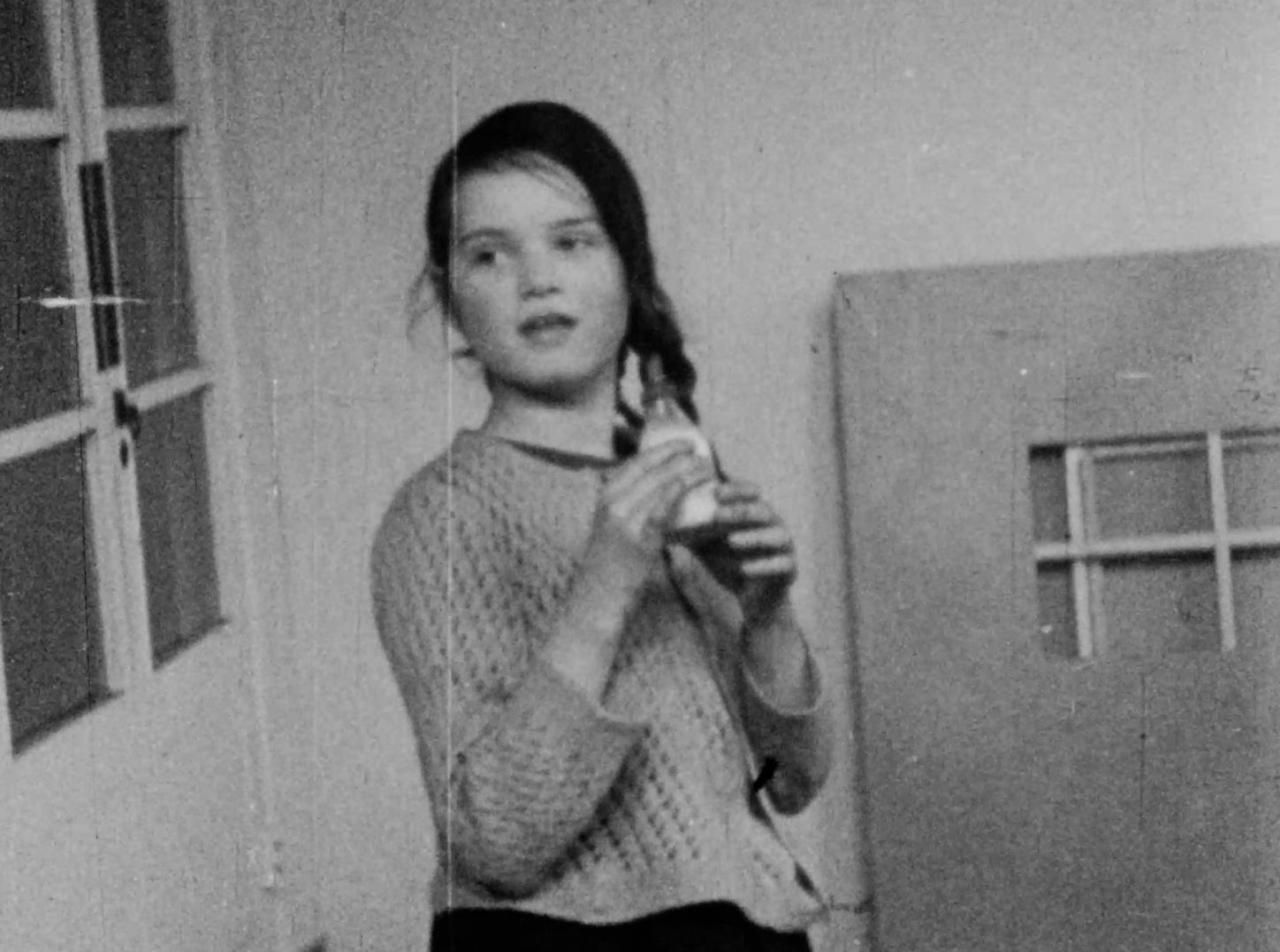


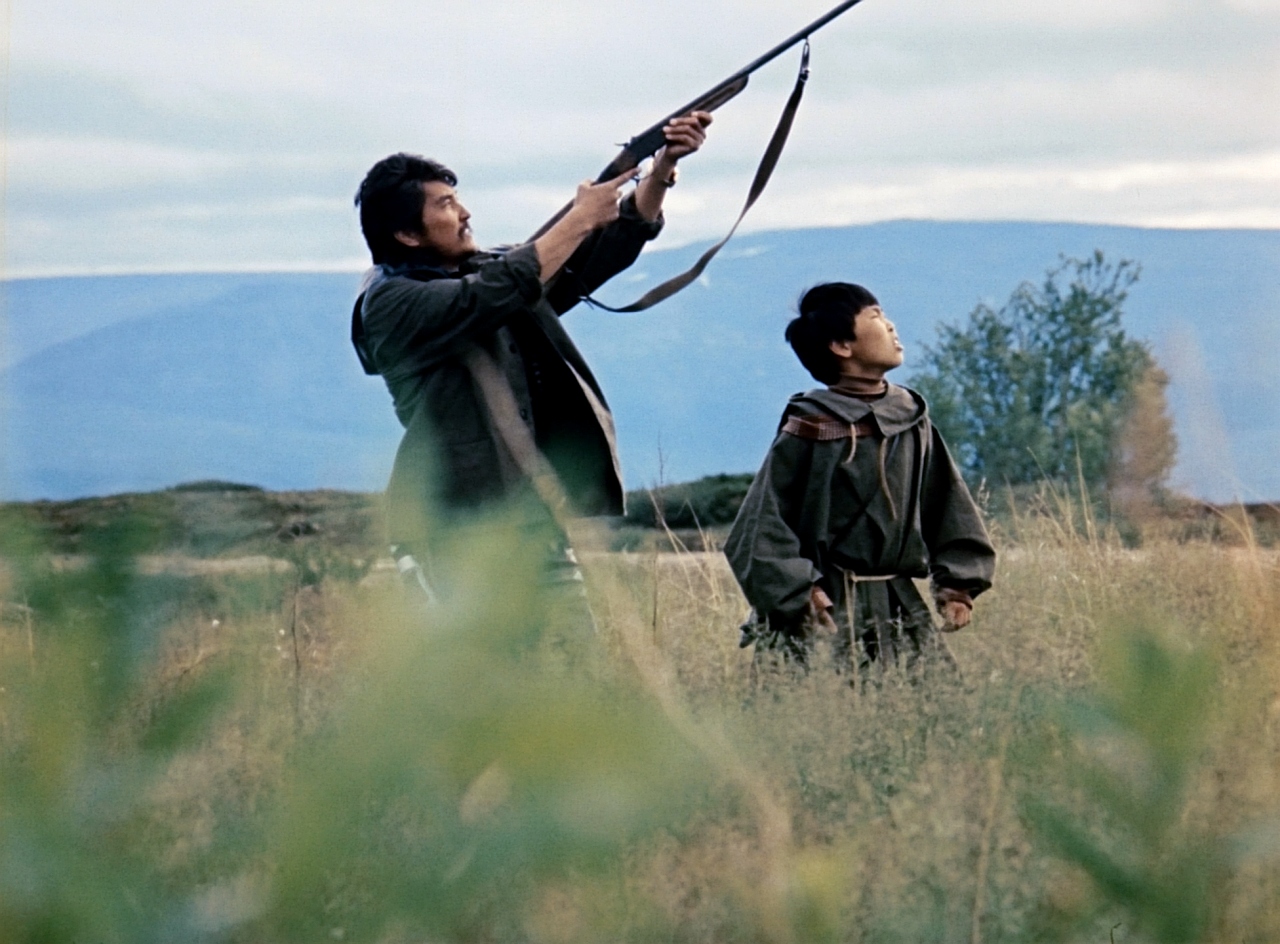
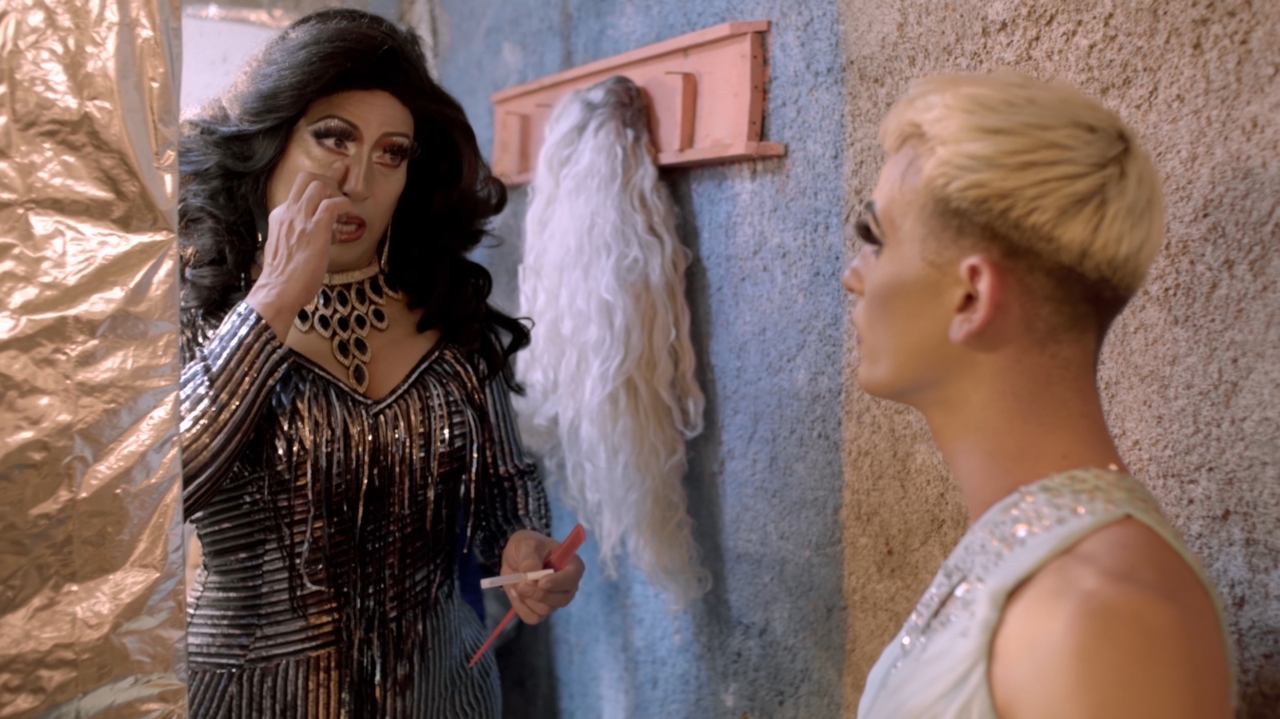
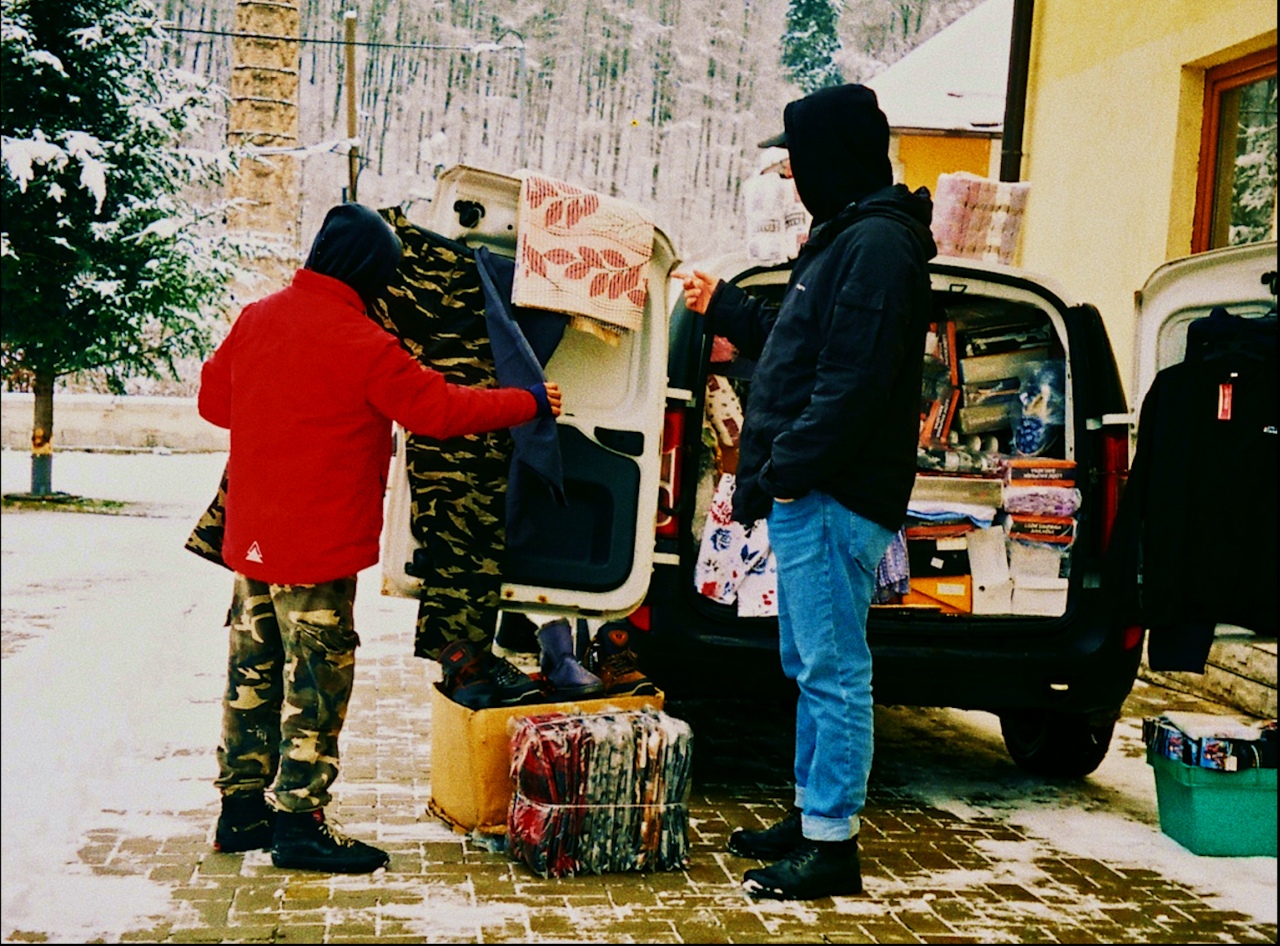
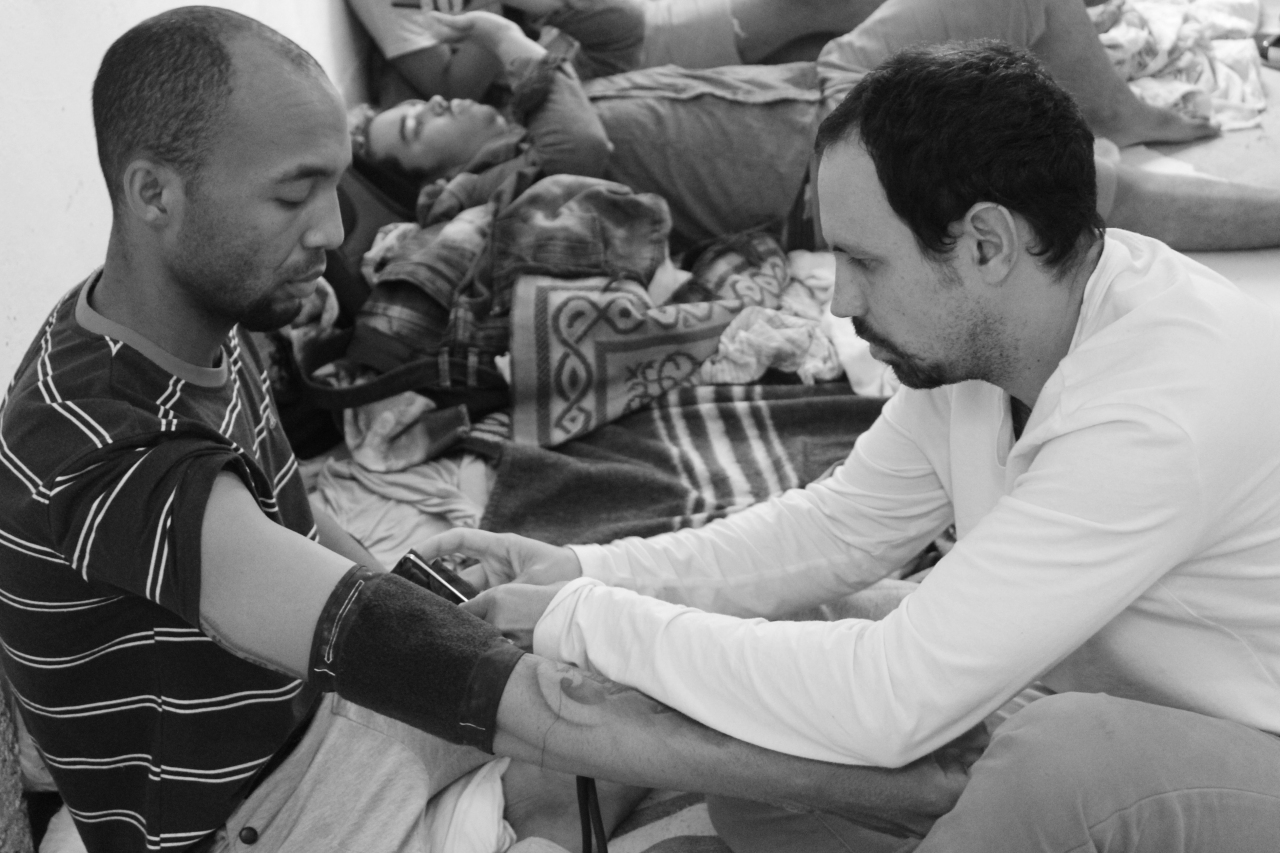
A Good Mind Grows in Thorny Places has an unconventional, fairy tale-styled form. Director Katarína Gramatová crafted a poetic allegory about growing up. Adam is a twelve-year-old boy living in the Slovak countryside. He is the local woodcutter and takes on various odd jobs. Despite life’s hardships, he can still find beauty everywhere he looks. The couple from Amma’s Pride (dir. Shiva Krish) also keeps fighting an uphill battle for a better future. Srija, a transgender woman from a small town in southern India, strives to have her marriage legally recognized. Unfortunately, her fight for justice, the media’s attention, and the disapproval of strangers cast a shadow over her relationship. Yet, even then, the protagonist can count on her mother’s support. Another dimension of motherhood is explored in one of the Polish titles. The protagonist of Submarine is going through a crisis. Director Oliwia Zakrzewska is raising her two-year-old son on her own. Battling depression, she attempts to seek help in various ways: through psychological counselling, in church, and even on Tinder.
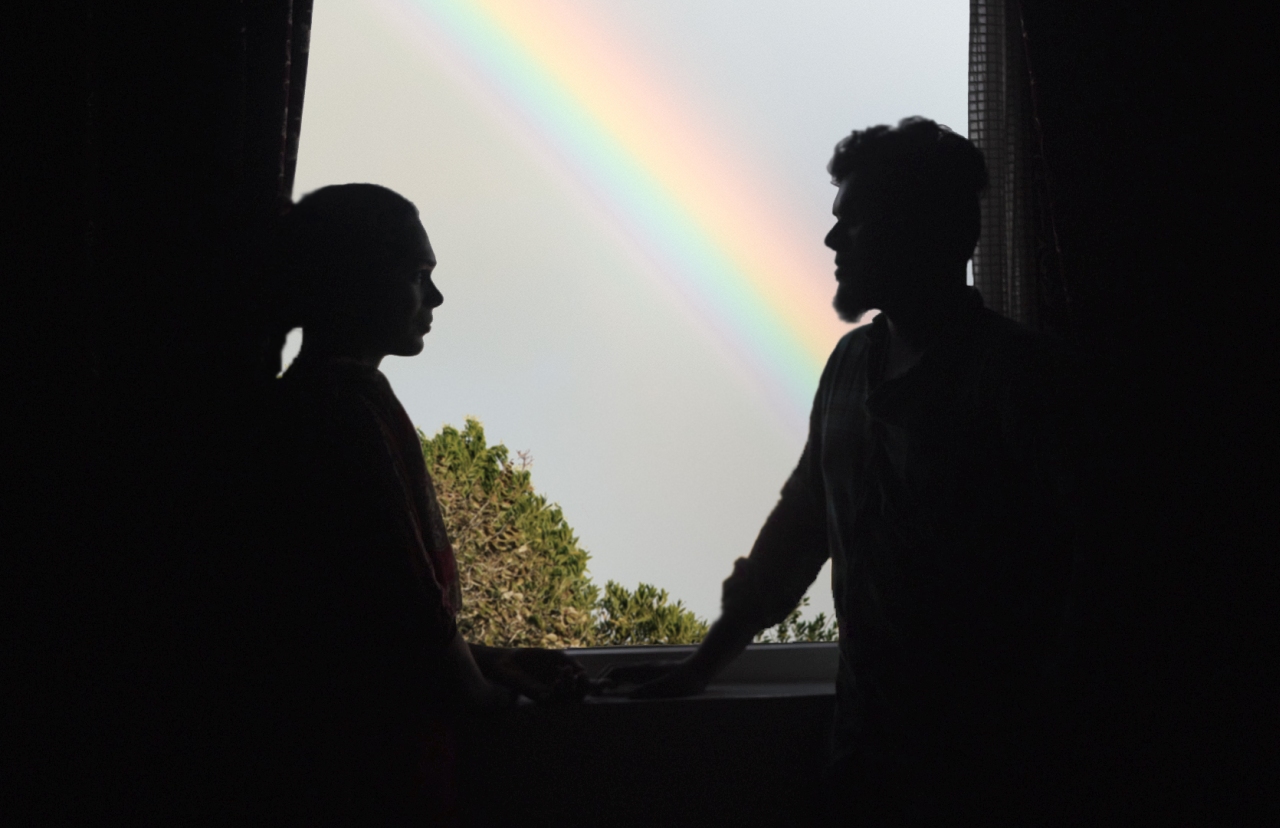
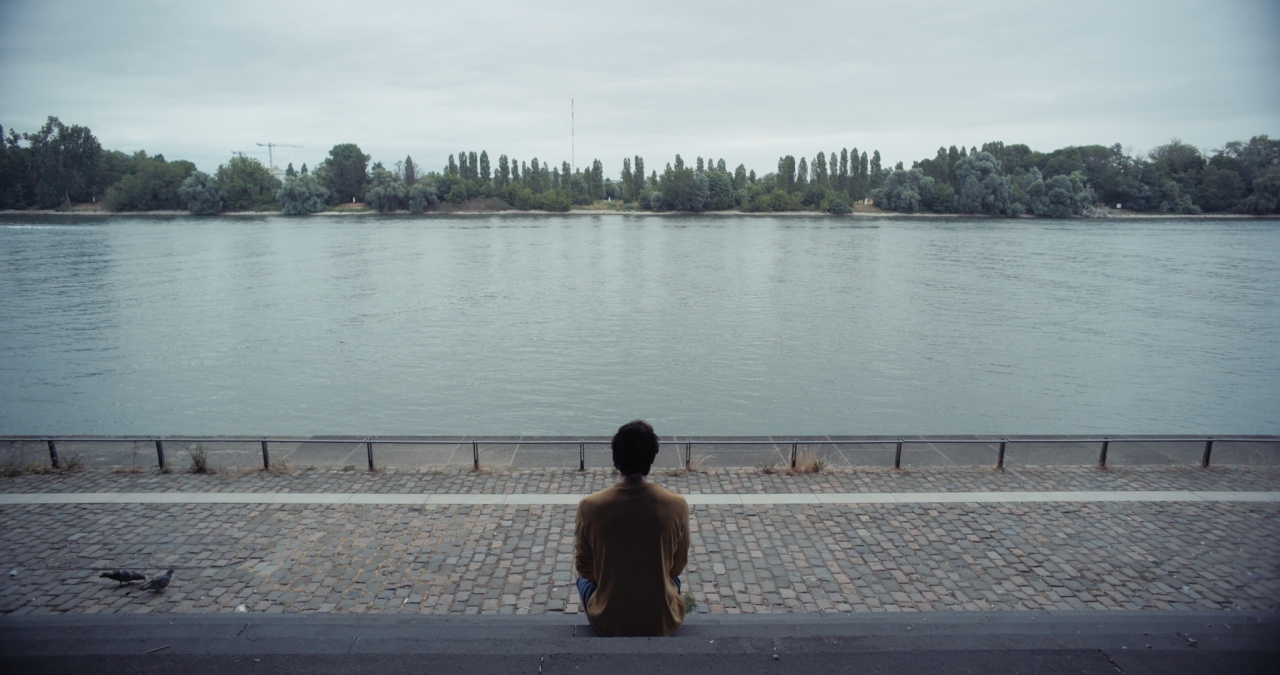
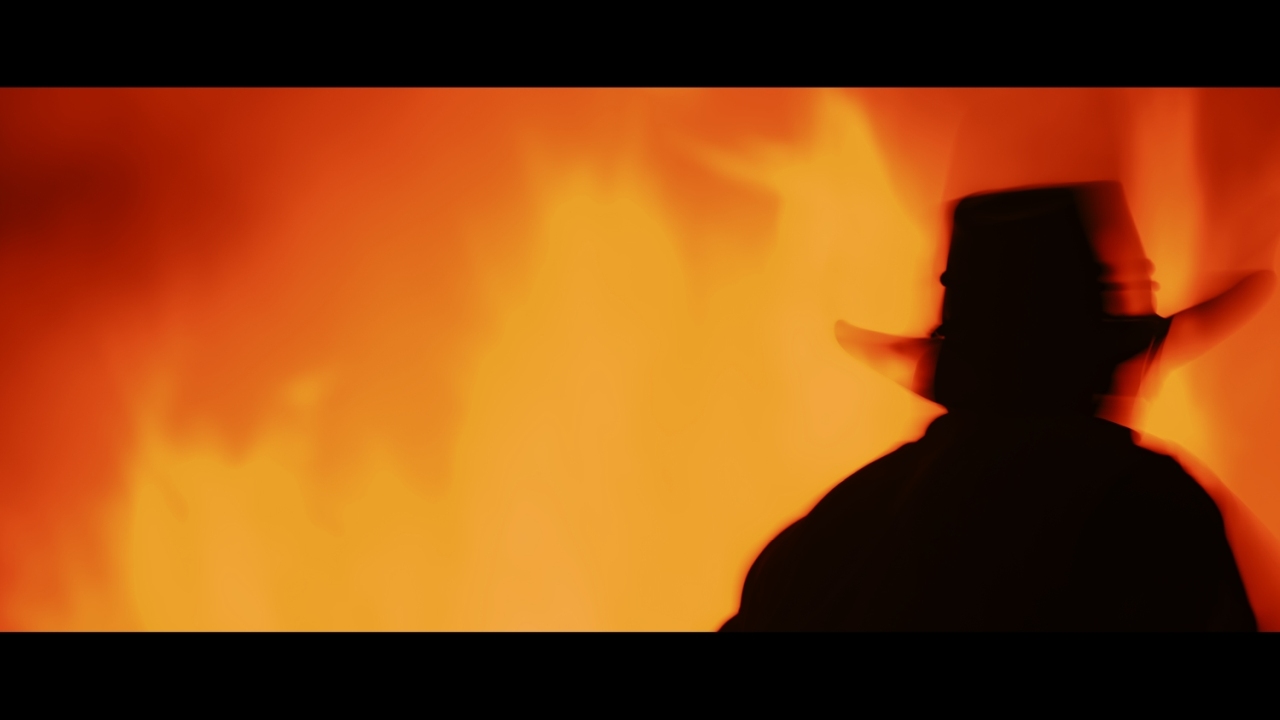
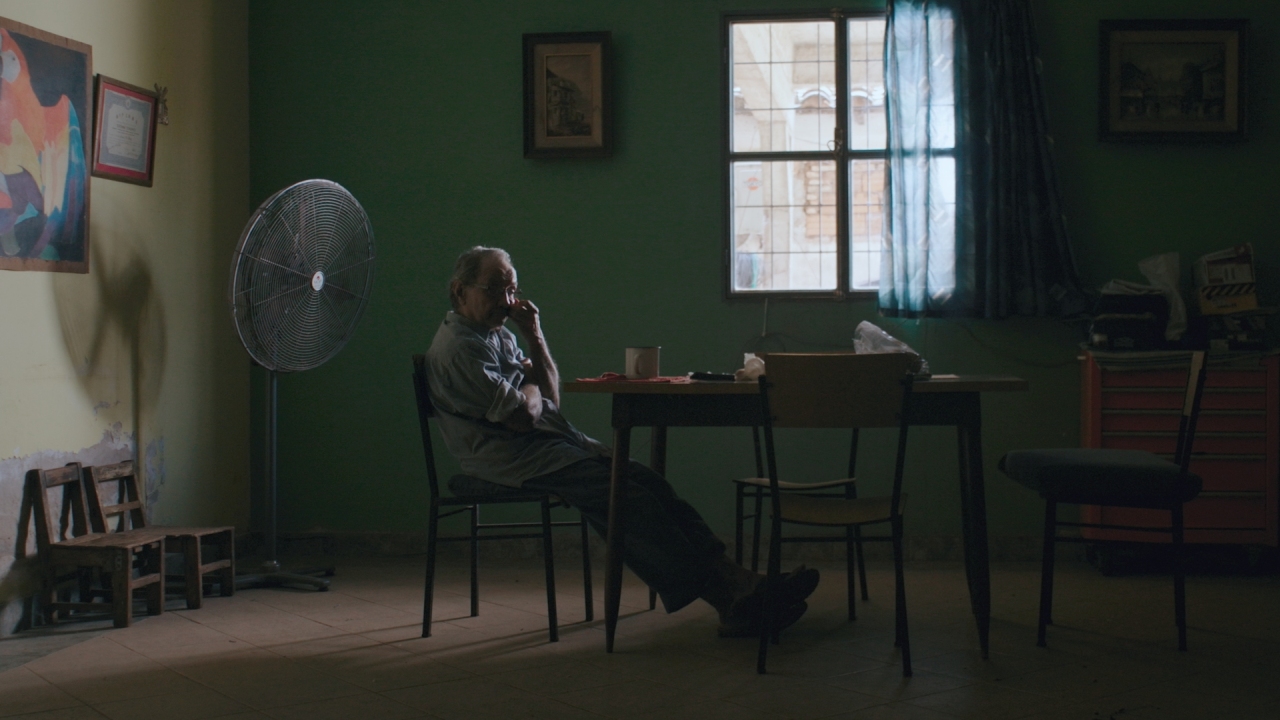
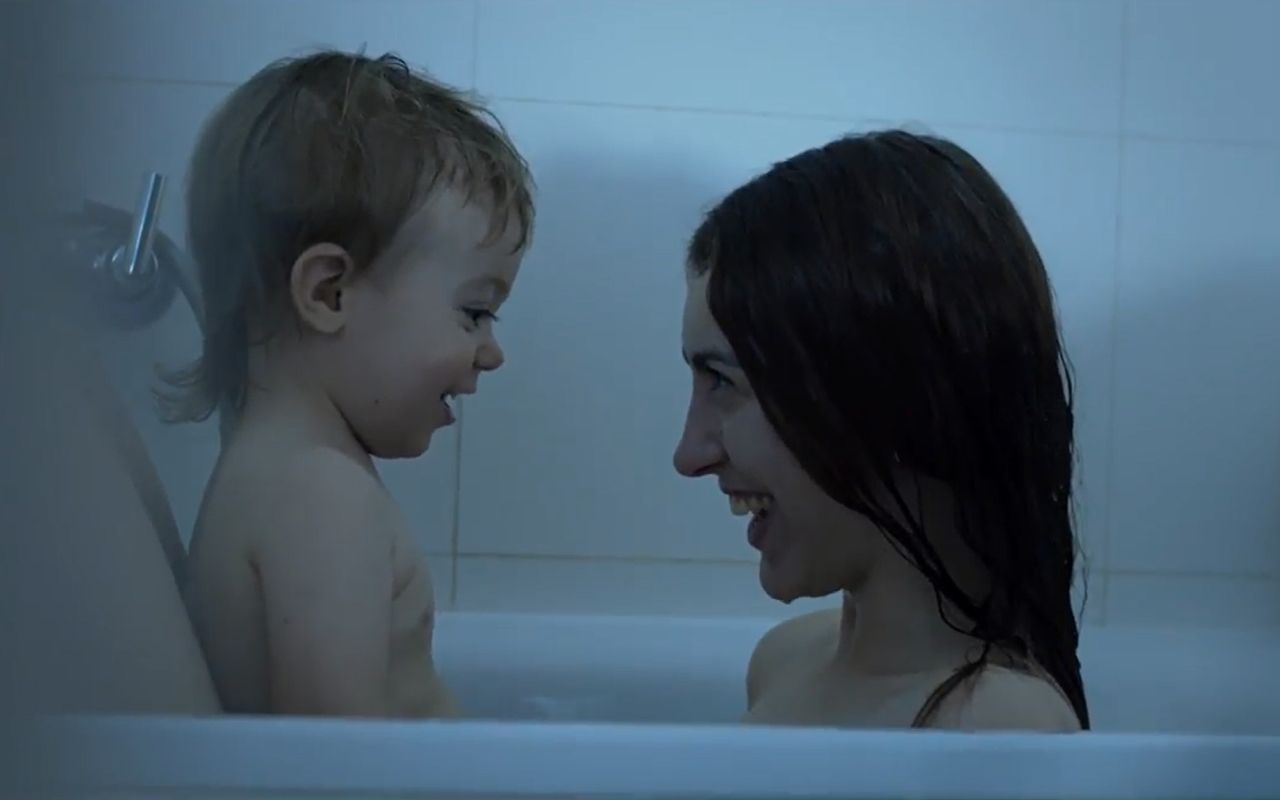
Crises and adversities are the subjects of the next three documentaries invited to the competition. In Fahnenflucht (dir. Emil Ahlhelm, Konradin Schuchter) the focus is on the Ukrainian-Russian war. If you’re considered a man, you have only two options in war: stay and fight or leave to protect your life. Not everyone wants to sacrifice their life for their homeland, and everyone should have the right to choose. The titular character of Ivan Zahínos’s Don Benjamin has built a home for his family in the Amazon jungle. Unfortunately, due to steady deforestation for agricultural purposes, the surface of the Earth’s green lungs begins to shrink dramatically. Emilio Barreto: Angels and Demons (dir. Cris Arana) also takes us to South America. It’s a harrowing story of a man who spent thirteen years in prison during the regime of Paraguayan dictator Alfredo Stroessner without ever being convicted of any crime. The elderly man recalls the times of the cruel regime.
Animated Films
A highly subjective, expressive artistic vision and an incredibly diverse cinematic language is their common denominator. Each film creates an original, immersive, and unique world for stories that strongly impact the viewers’ emotions. It can therefore be said that what is unique about this year’s animation selection is the authors’ perspective. After more than a hundred years of cinema’s existence, including animated cinema, can you even surprise the viewer with something new? I think the animated films in this year’s competitions prove that you can, – summarizes Wiola Sowa, animator and curator of the animated section.
Documentaries delve into the past and observe the present. Animation lets one unleash their fantasy and create fairy-tale stories or futuristic visions of what is yet to come. In Dark Cloud Memories all experiences and memories are stored in a virtual cloud. One day, the main character of Seung-hee Jung’s animated film loses her memories of the past. The protagonist of the stop-motion animation The Shadow of Dawn (dir. Olga Stalev) is also coping with loss. The young girl encounters a Beast with a raven’s head, and her Shadow sets out to fight for her life. Three Birds follow a similarly fairy-tale tone. Zarja Menart’s protagonist visits a bird-woman to ask for help with her troubles. The girl is sent on a metaphorical journey and encounters the titular birds along the way.
Animal symbolism is prevalent in other competition titles as well. In the contemplative Kawauso (dir. Akihito Izuhara), the relationship between a girl and a river otter is not that obvious. The characters attempt to connect with each other but remain complete strangers. In Silent Panorama the sounds of nature, including animals, begin to disappear in the noises of felled trees, trains, and factories. The film by Nicolas Piret is an interesting formal experiment that raises awareness of how humans drown out nature’s peaceful life. Similarly, the creators of On the 8th Day (dir. Agathe Sénéchal, Alicia Massez, Elise Debruyne, Flavie Carin, Théo Duhautois) invite viewers to a beautiful land woven from colorful yarn, full of animals and vegetation. Unnoticed, darkness creeps into this perfect world, gradually devouring both the fauna and flora.
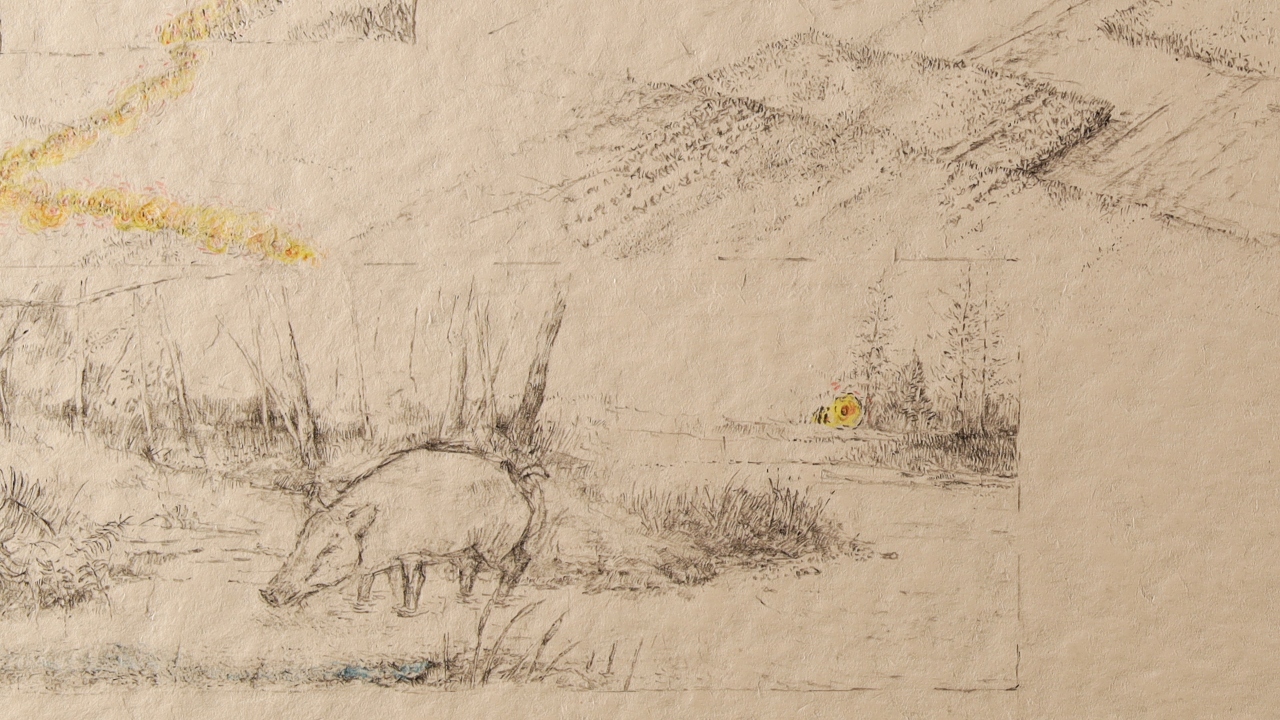
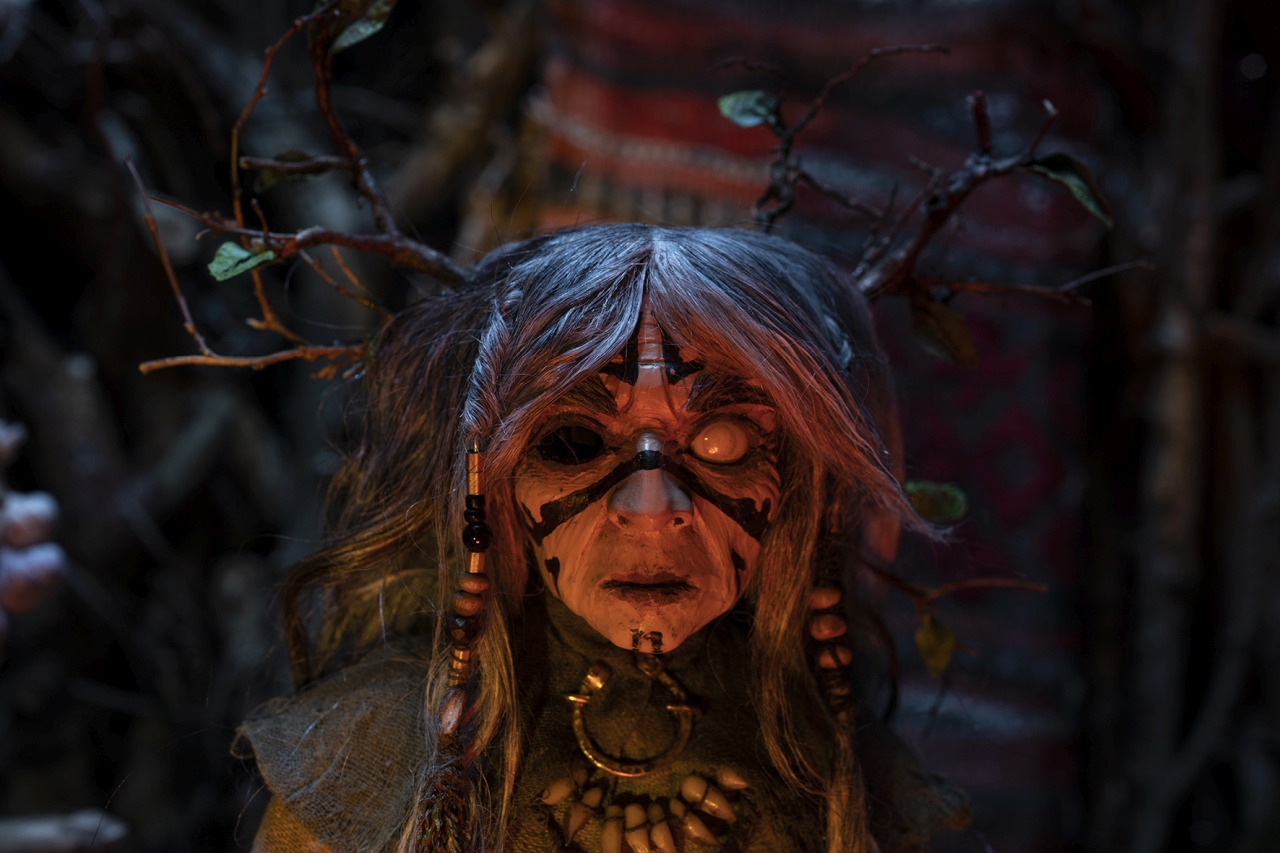
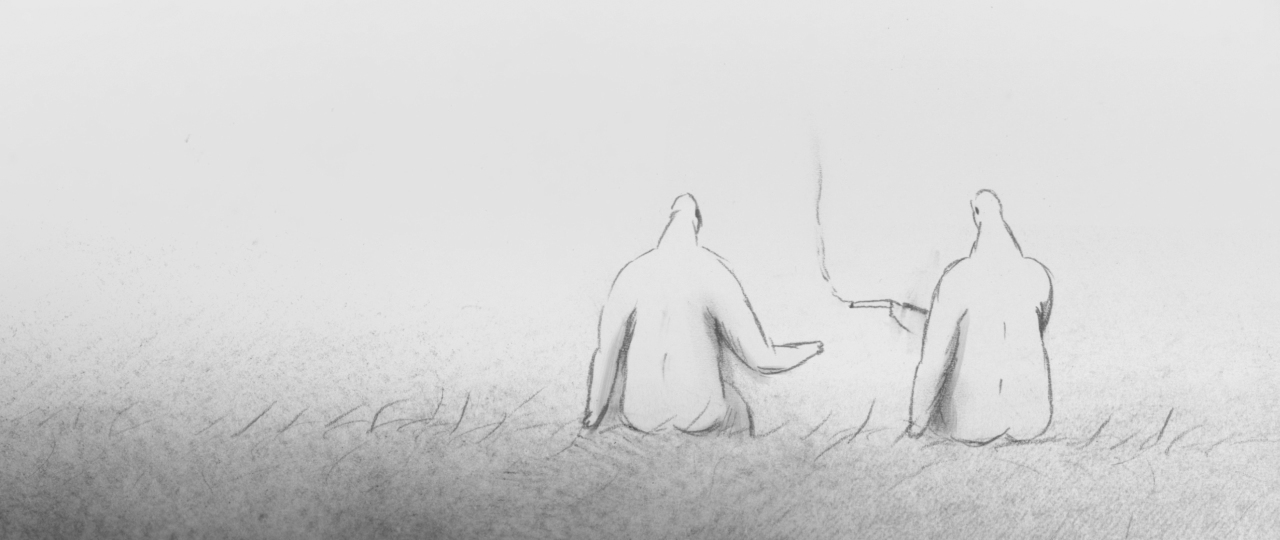
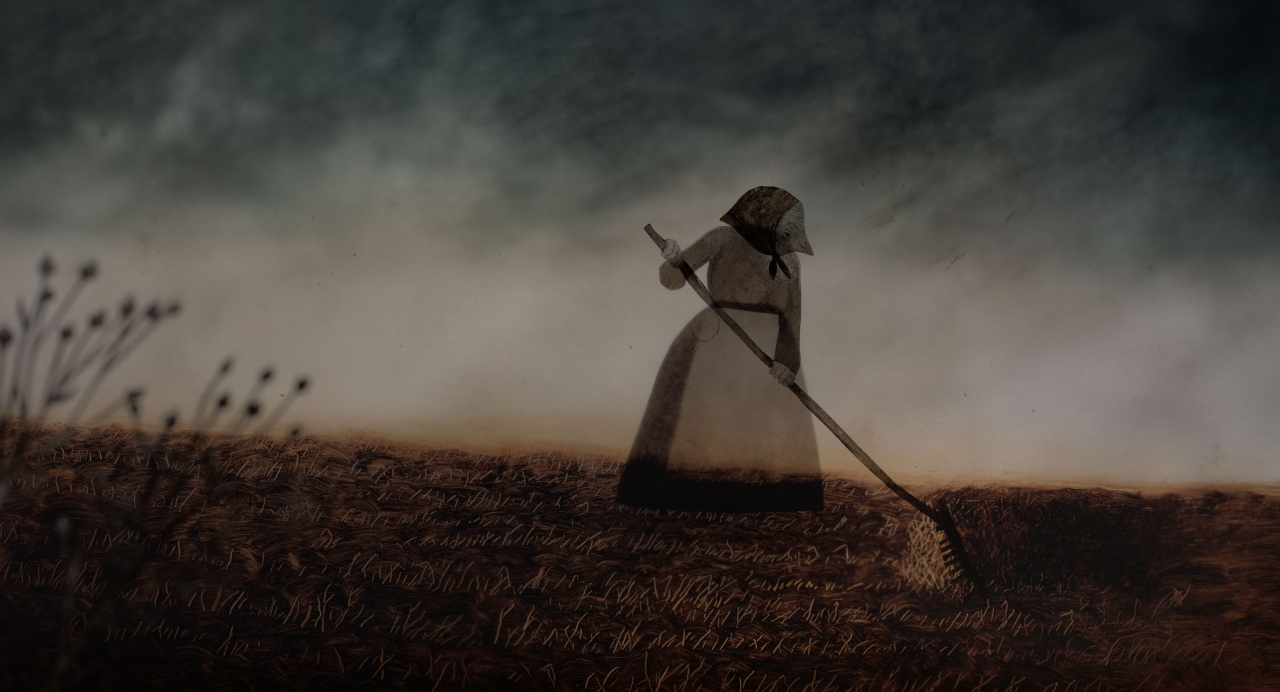
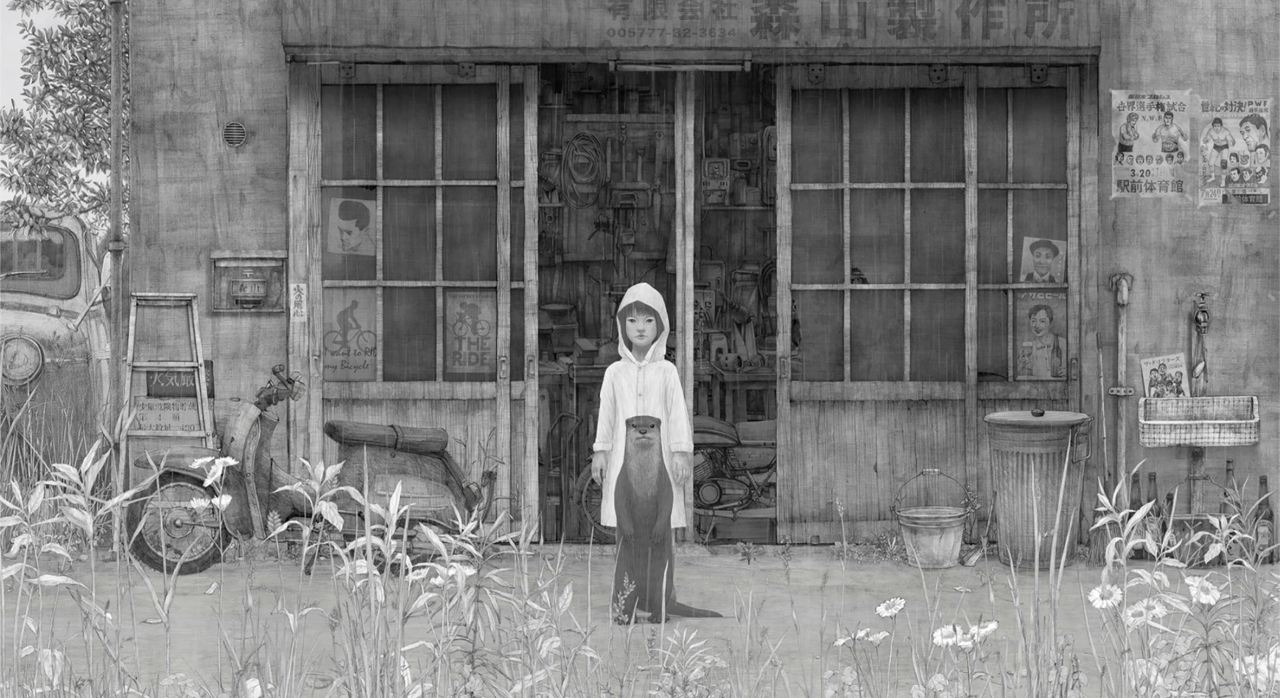
People not only contribute to their own doom but also fail to notice the danger and easily return to old habits. In Moving Mountains, tiny human-like figures, devoid of faces, clothes, and emotions, seem to wander aimlessly on one hand, yet on the other, they desperately try to move “mountains”. The surrealistic tale by Jessica Poon serves as a metaphor for the lifestyle of modern nomads, constantly pursuing something new yet entangled in old habits. The employees of the Greek parliament in the animated film Ready (dir. Eirini Vianelli) appear to function in a similar manner, killing boredom with meaningless activities. Meanwhile, a meteorite is approaching the Earth.
The protagonist of the first Polish animated film in the International Short Film Competition doesn’t have the luxury of complaining about boredom at work. A great opportunity awaits the boy from Izabela Plucińska’s new clay animation Joko. He can earn a lot of money by carrying important figures on his back. Having been harassed by his mother and ridiculed at work, he eventually agrees to serve foreign delegates despite his initial reluctance. Me, Monster, the second Polish film, examines the theme of fear. Zofia Tomalska’s animated film surprises with a psychedelic journey through the meanders of the mind and the nooks and crannies of the human body. It’s a pulsating stream of consciousness set to the rhythm of disco, EDM, and hip-hop.
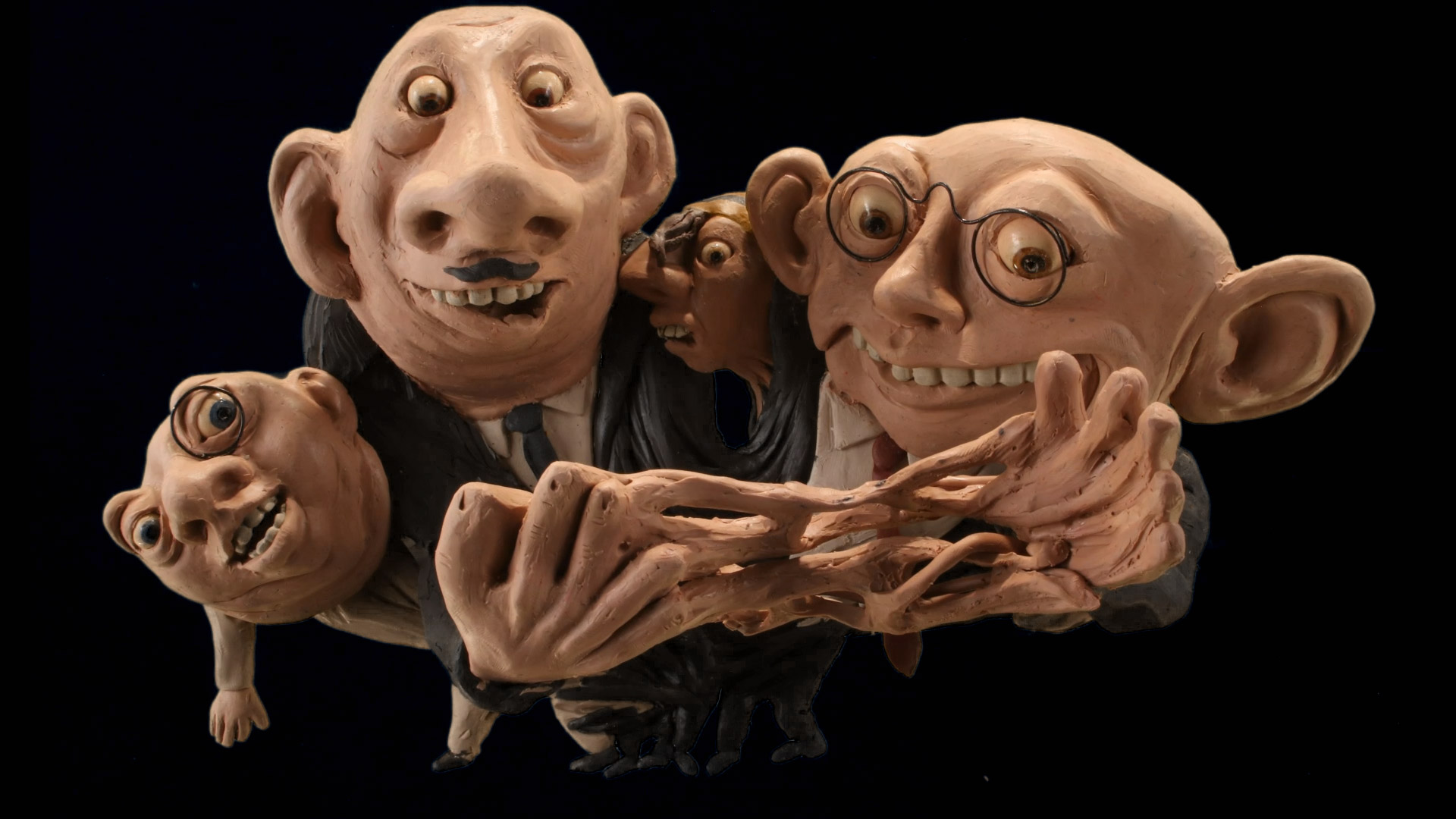
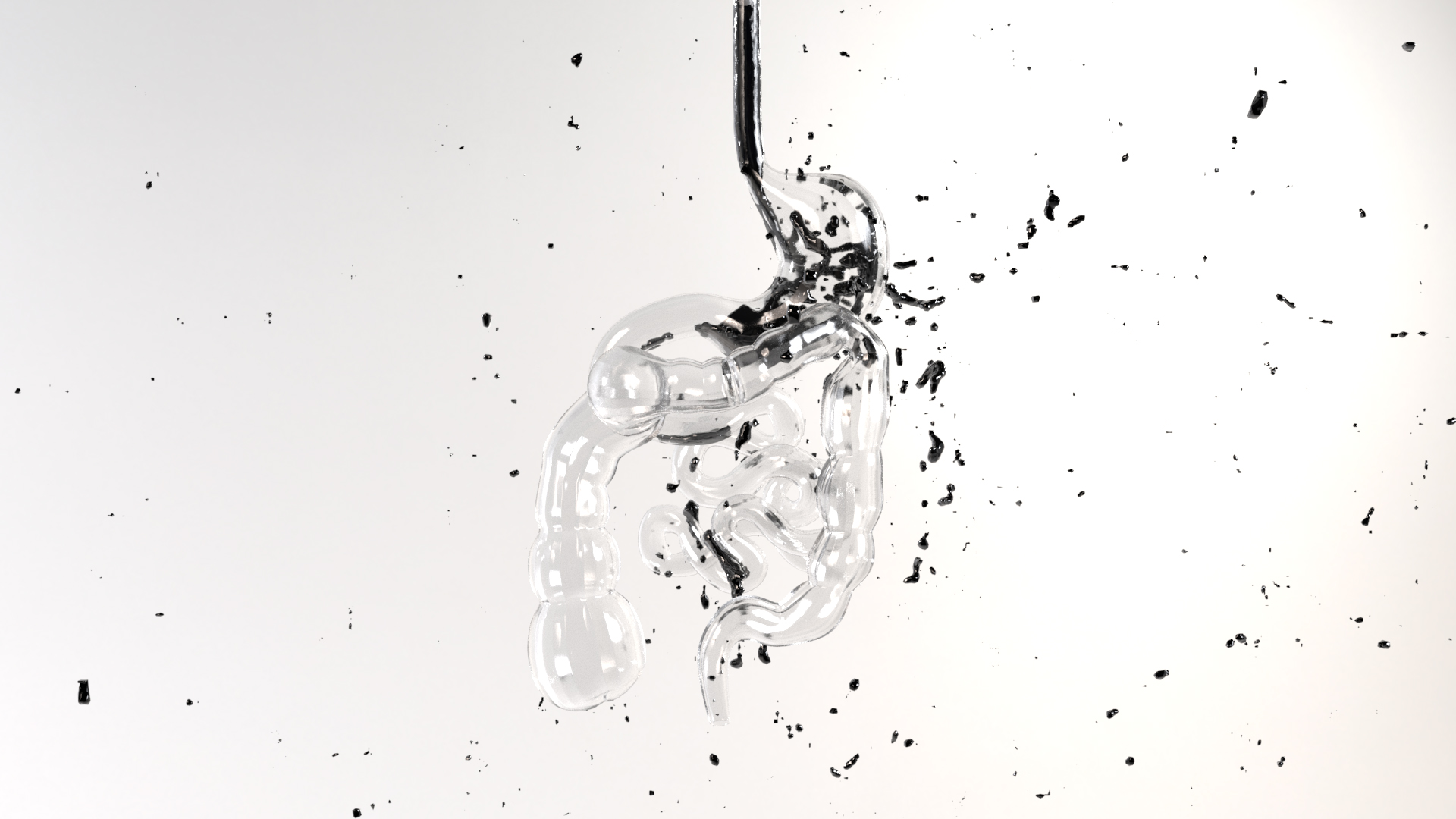
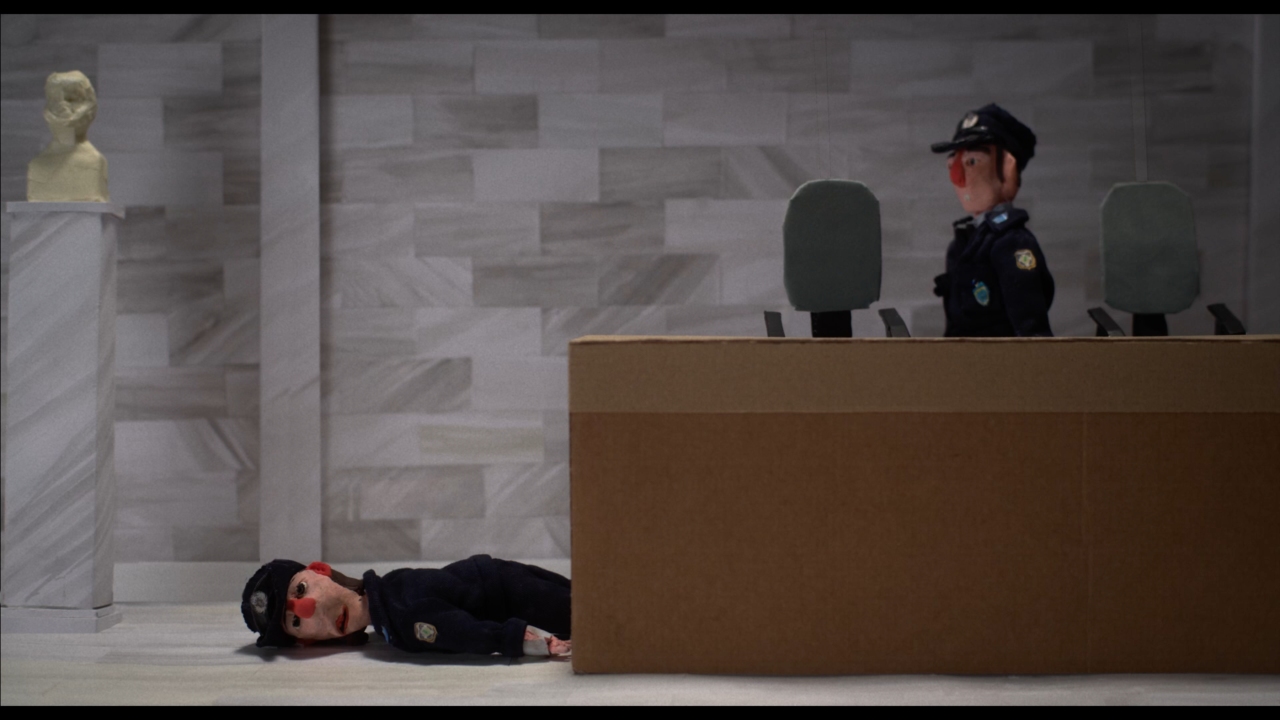

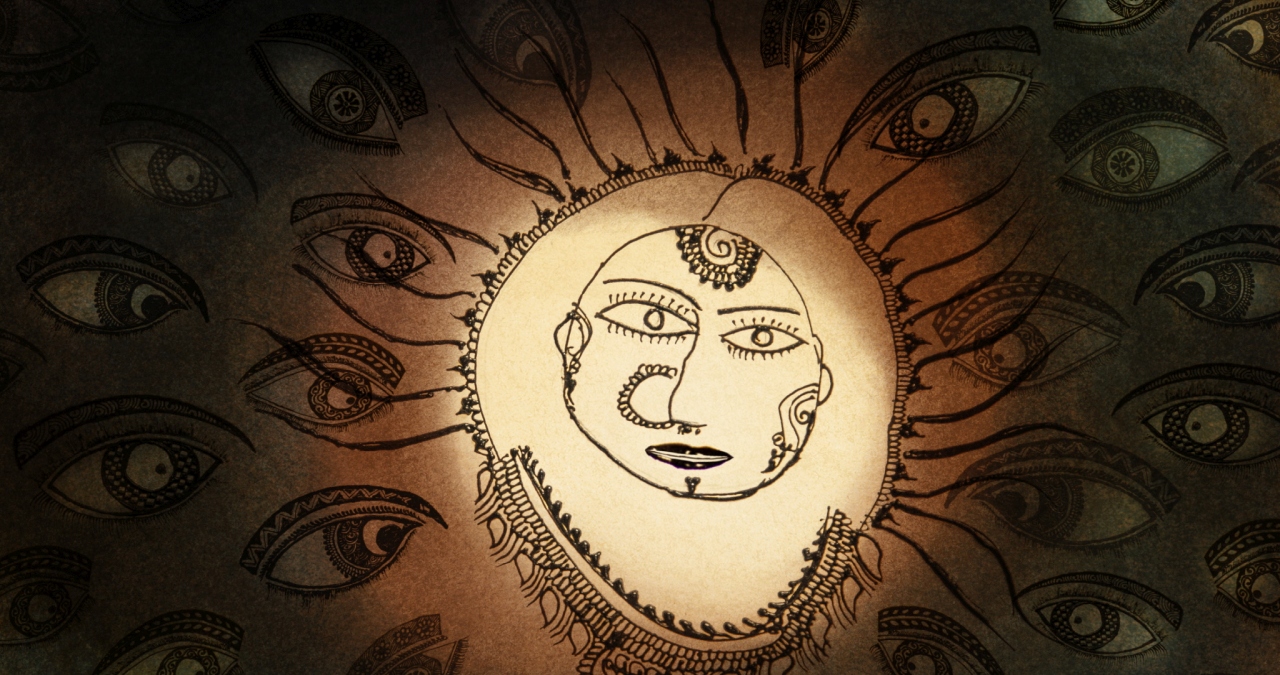

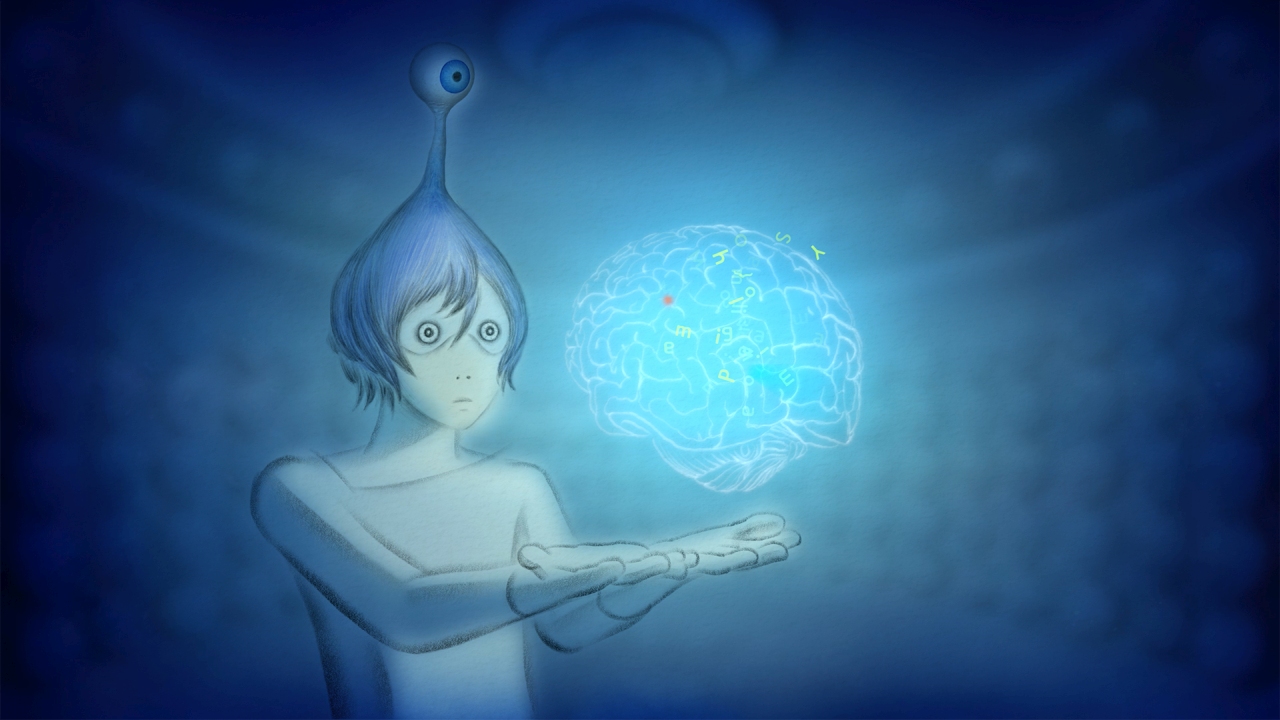
A Swiss production with a very Polish theme, The Car That Came Back from the Sea by Jadwiga Kowalska takes us on a sentimental trip back in time to Poland in the early 1980s. A group of young people dreams of owning a car, experiencing freedom, and going on a trip to the seaside. They are not particularly interested in politics, even though the stores are empty, and obtaining a passport seems impossible. It’s a comic-book-style animated road film that documents Poland under communist rule. The theme of dreams is also explored in the animated documentary The Illustrated Woman. Director Isabel Herguera conducts henna body art classes in India. During the meetings, participants share their desires and plans for the future with her.
Fiction Films
This year, our fictions films will take the audience from hell to heaven (literally!) by exploring contemporary family relationships, human rights, and the joy that can still be found in these challenging times. Despite such eclecticism, they share one feature – a universal desire for kindness and solidarity that everyone feels, regardless of geographical width – shares Bartek Tesarz, film expert and KFF selector.
The films take us onto a film set. One of the titles does it quite literally. In Cry Me Through Hell by Jae Yang, the father of the young director dies. Unable to undergo reincarnation, the man is eternally trapped at a “hellish airport” until his daughter sheds a tear for him. Meanwhile, the woman is making a film about her relationship with her recently deceased father. The protagonist of the Taiwanese film did not choose to die, whereas Albert from Suisunday (dir. Tal Menkes), bored with life, picks a precise date for his departure from the world. He decides to kill himself on a Sunday.
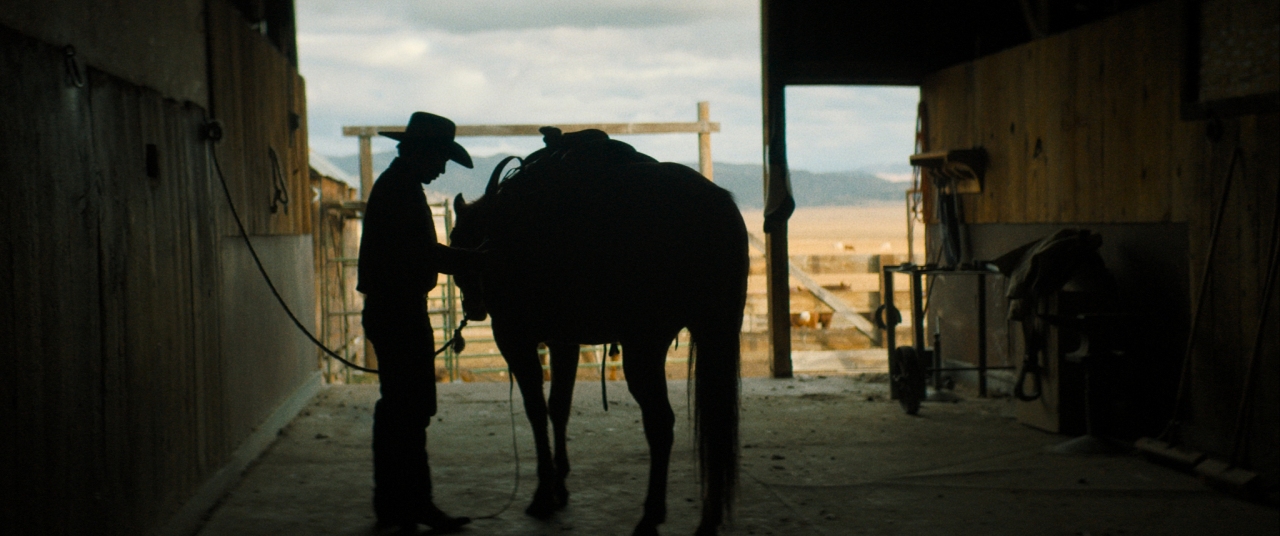
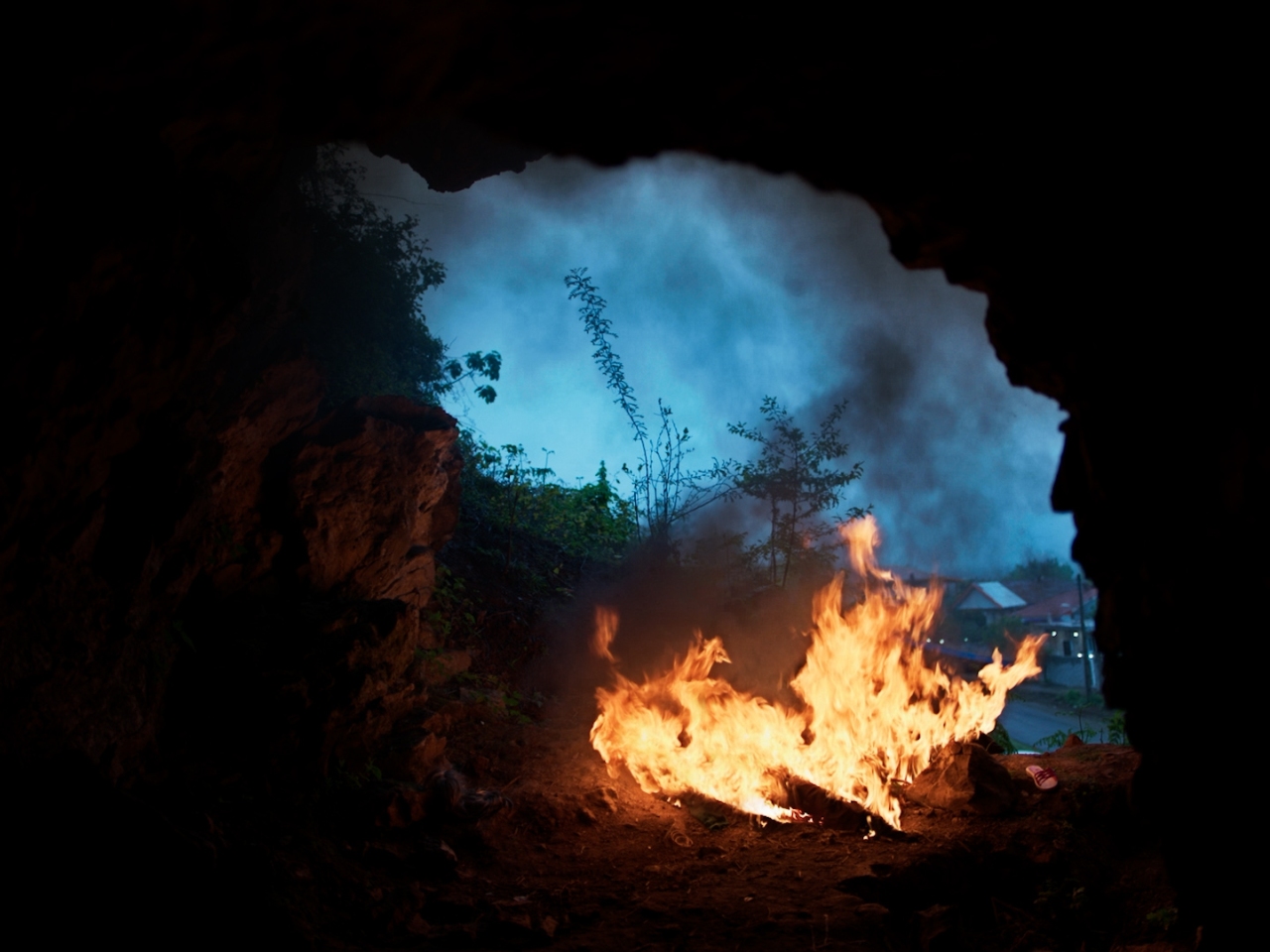
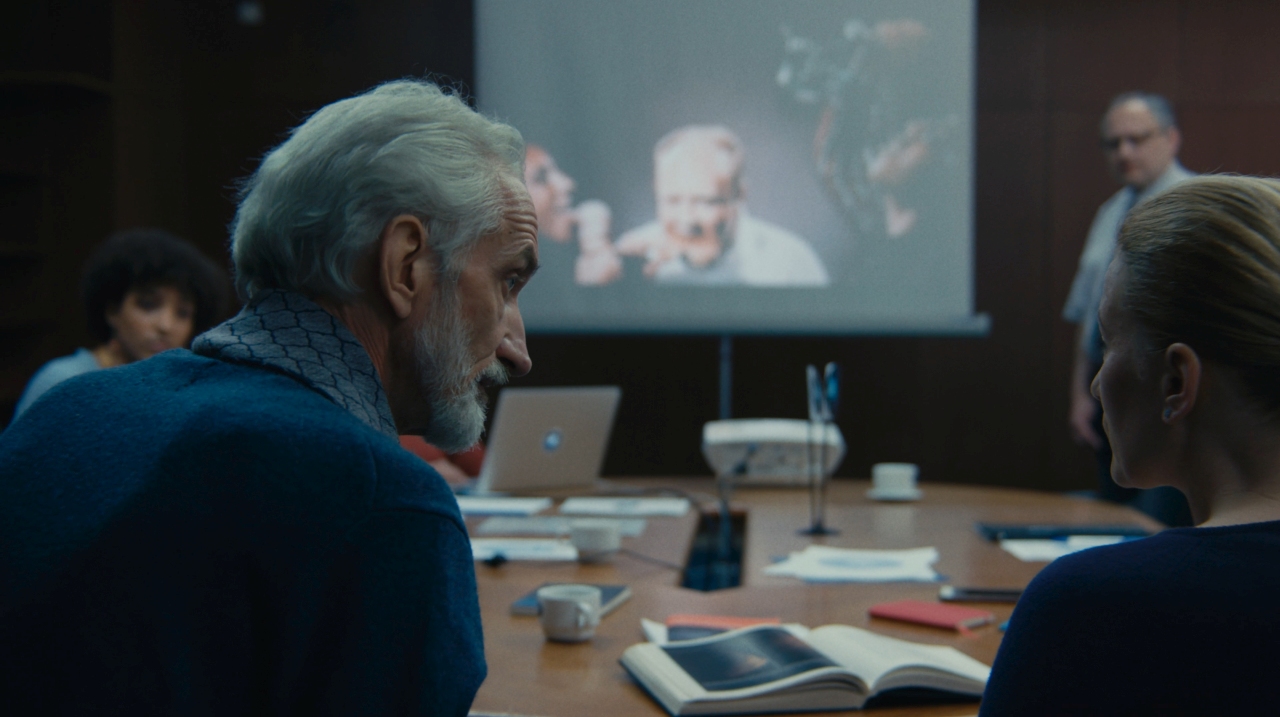
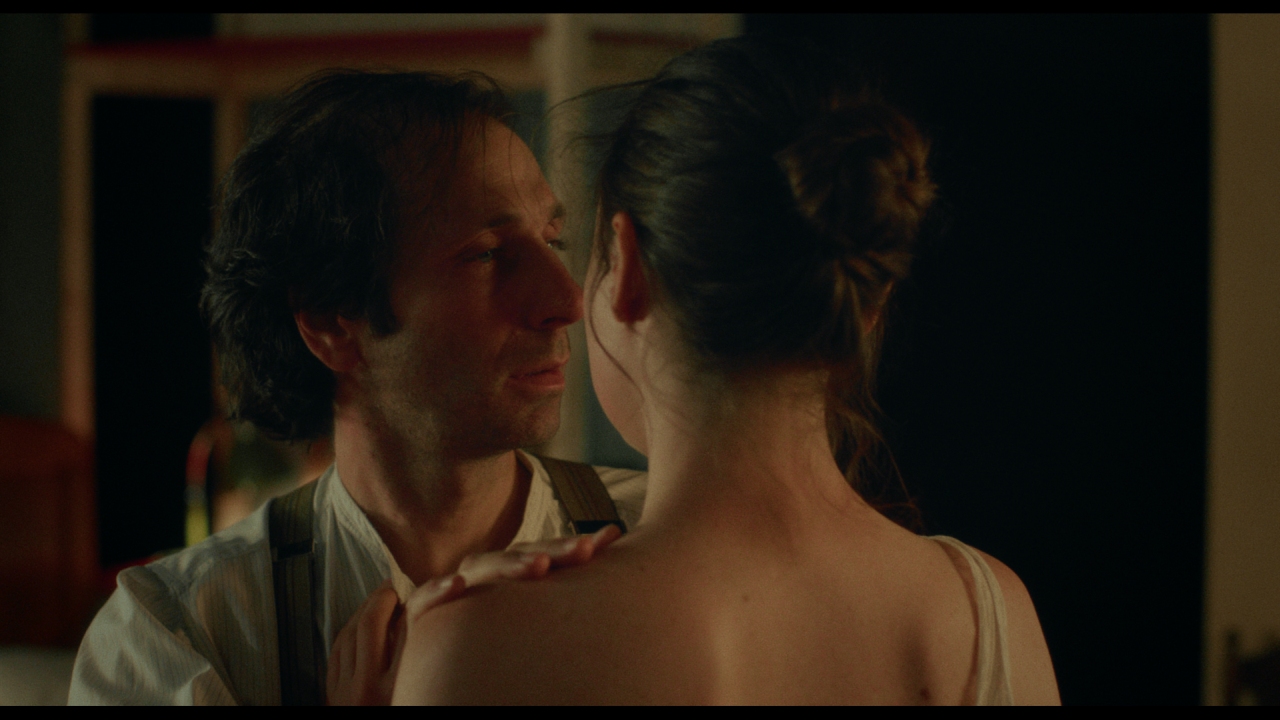
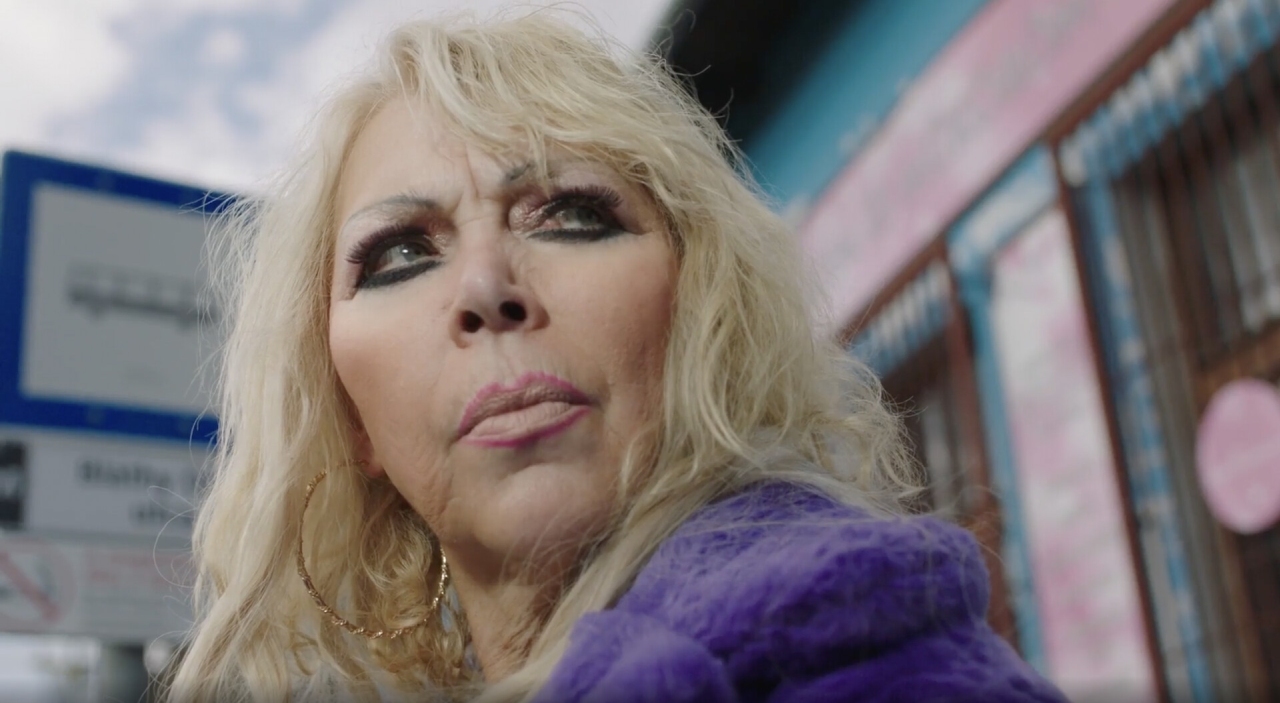
The protagonists of the next two films in the competition have their special day too. In the first one, Diamond Beauty (dir. Anna Korom), Mária – a plastic surgery addict – is supposed to meet her former flame, while in the second one, a man goes through a midlife crisis. On This Peculiar Day it’s time for the protagonist to confront his erotic fantasies – both those he cannot escape today and the one he remembers from childhood.
The couple from Open Eyes (dir. Qi Zhang) also struggles with sexual frustration. Locked up with a child in a cramped apartment because of the pandemic, the spouses are seeking a space to fulfil their needs. The protagonists of the Iranian Abraham (dir. Elnaz Ghaderpour, Reza Gamini) and the Romanian Better This Way experience neither sexual freedom nor the ability to express themselves. In the former, a young boy dies, leaving behind only a few things – including a burnt dress. Meanwhile, in Emanuel Parvu’s short film (the director’s feature film will premiere in the main competition in Cannes), sixteen-year-old Adi is struggling with persecution. The boy ends up examined by a physician, showing clear signs of beating, but says little. The police quickly determine that the assault may be related to his sexual orientation.
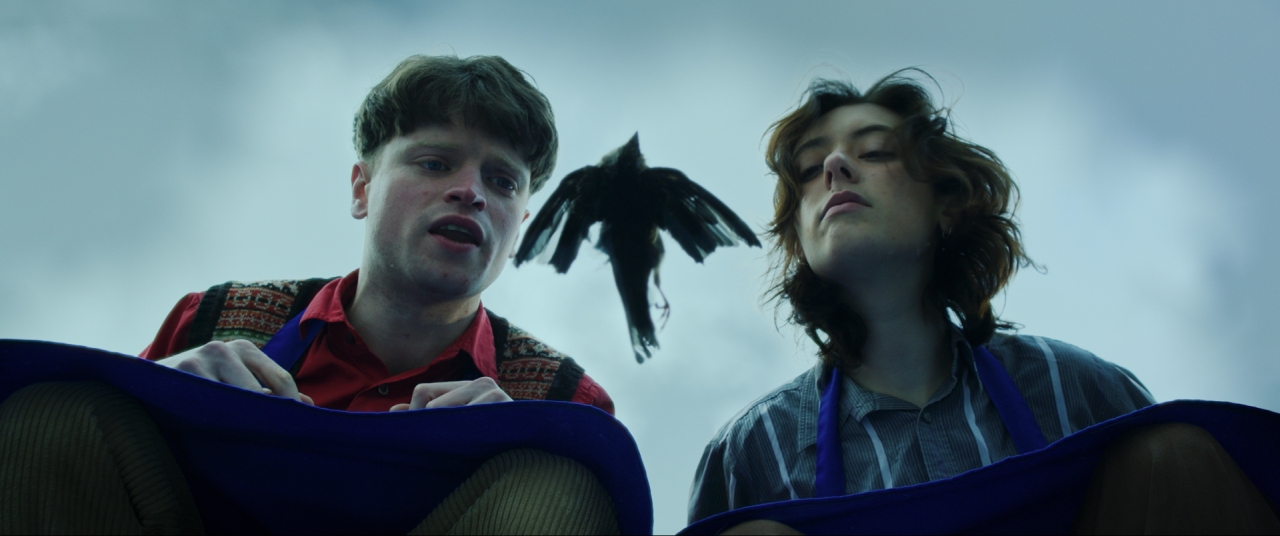
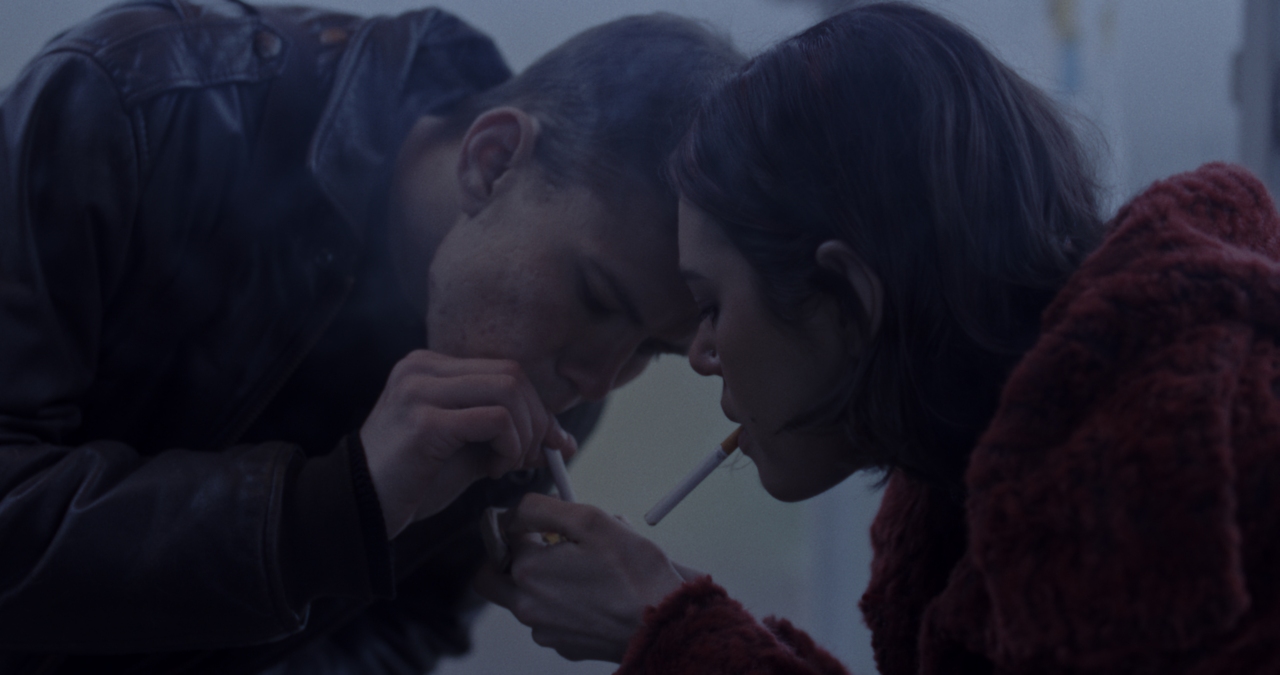
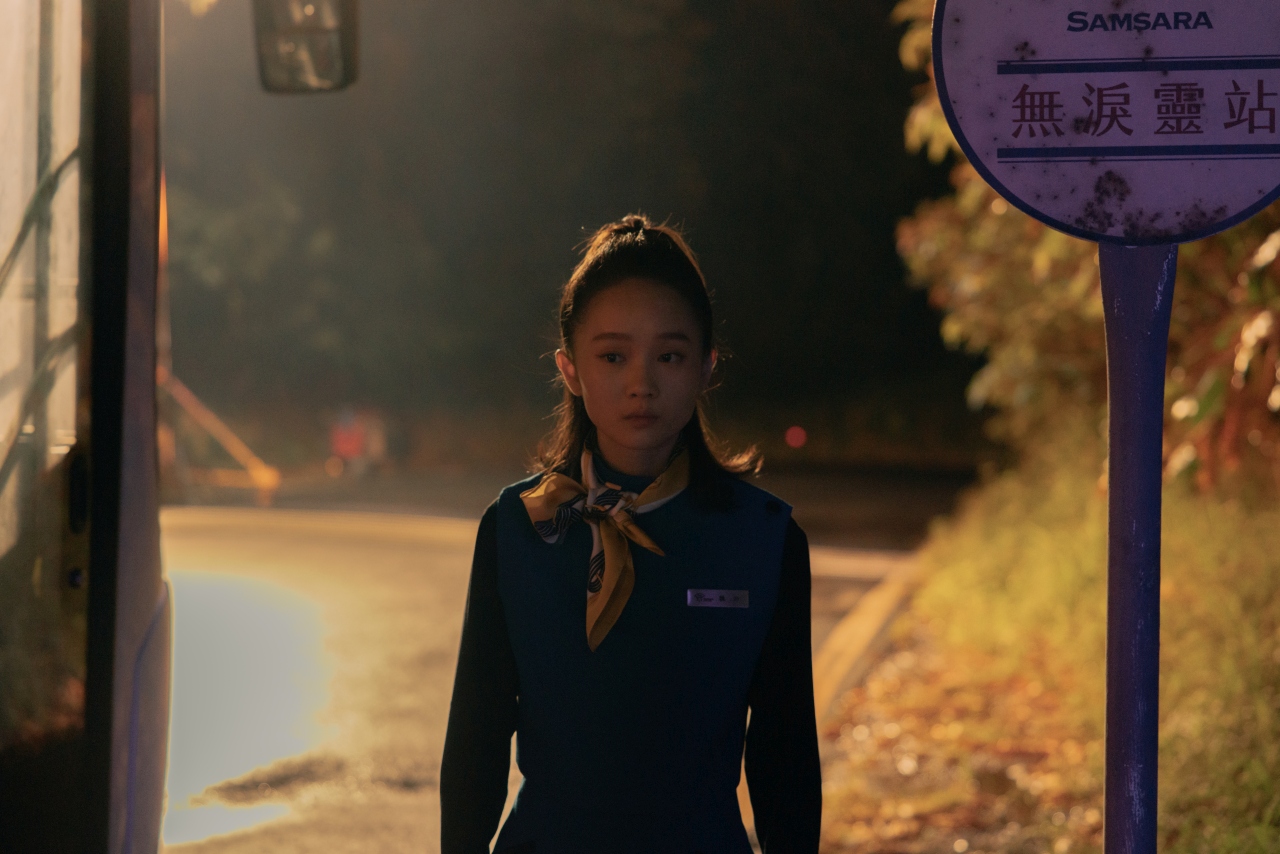
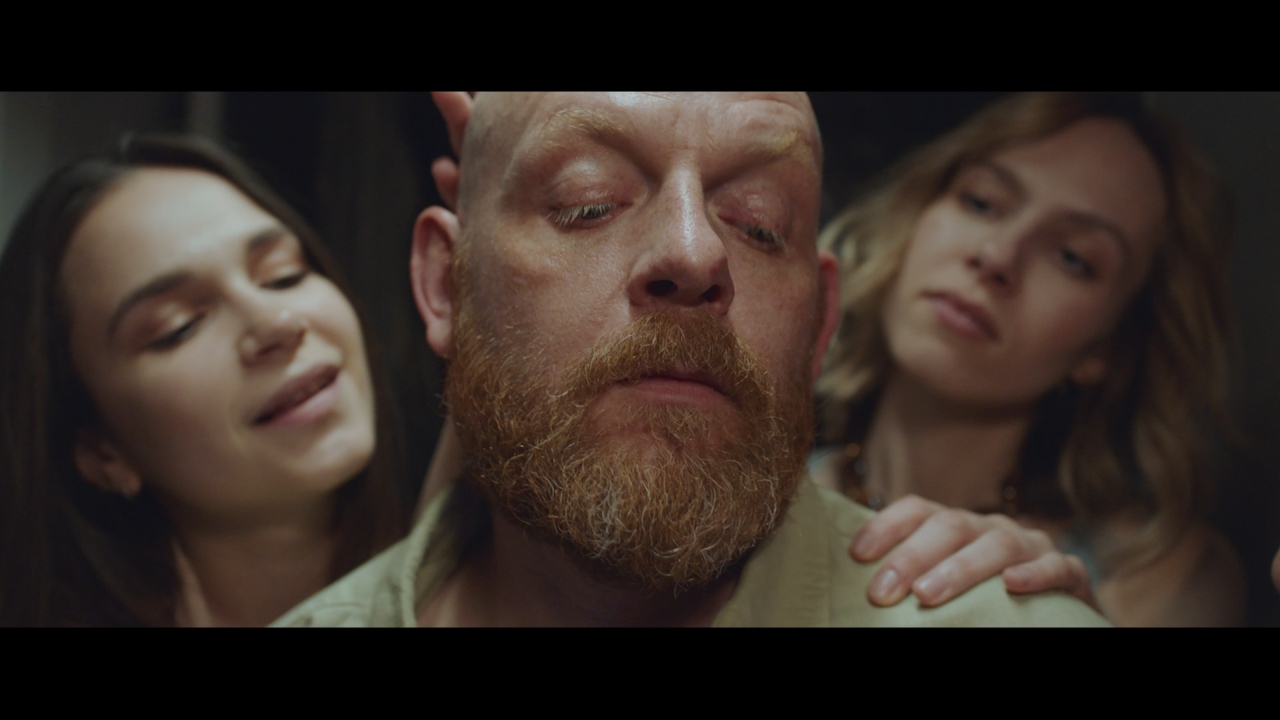
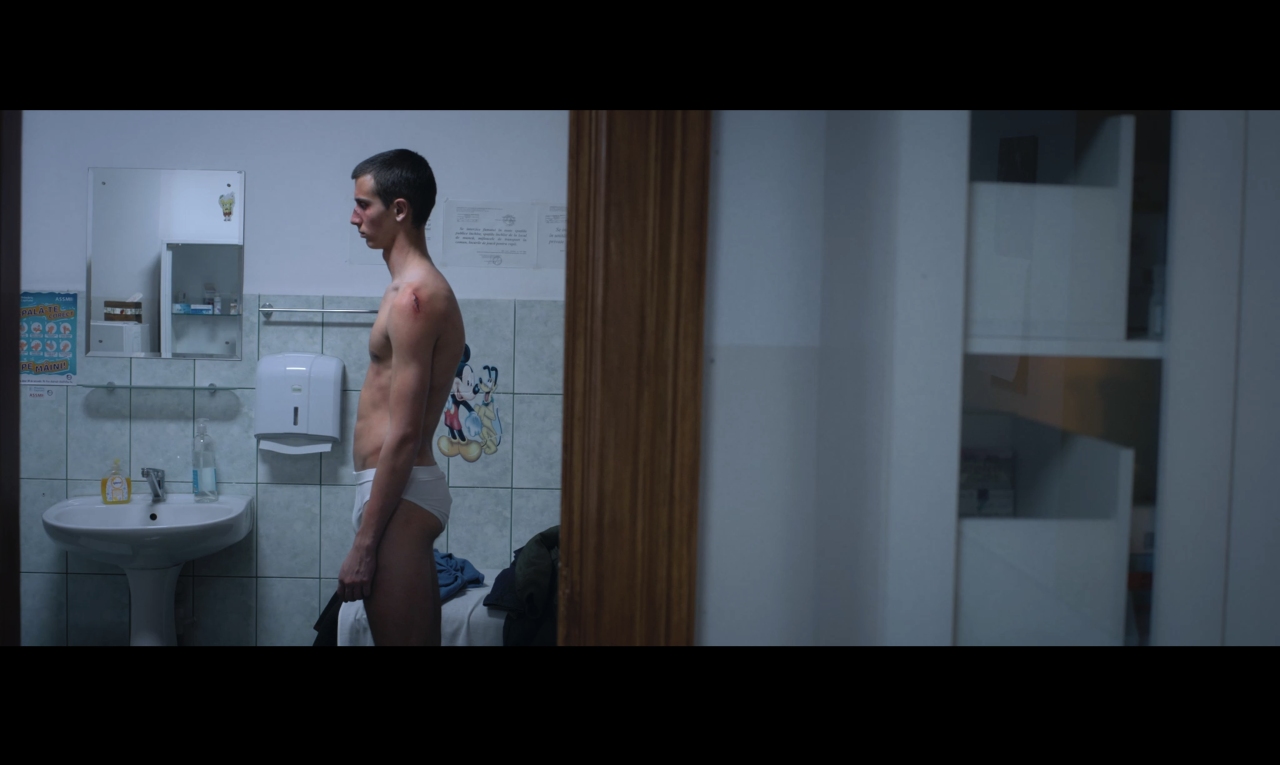
Discrimination and persecution also affect Mohammed, a young Palestinian, in the Polish-French An Orange from Jaffa (dir. Mohammed Almughanni). A boy is trying to cross the Israeli-Palestinian border, but one driver after another refuses to give him a ride. Emma Goldman faced a different kind of prejudice. The philosopher and activist from Macha Ovtchinnikova’s Red Emma fought for women’s rights to self-determination. Meanwhile, one of the characters in Buzz of the Earth is battling for the rights of all minorities. In Greta Stocklass’s incredibly humorous film, various attitudes and worldviews clash in a cosmic debate.
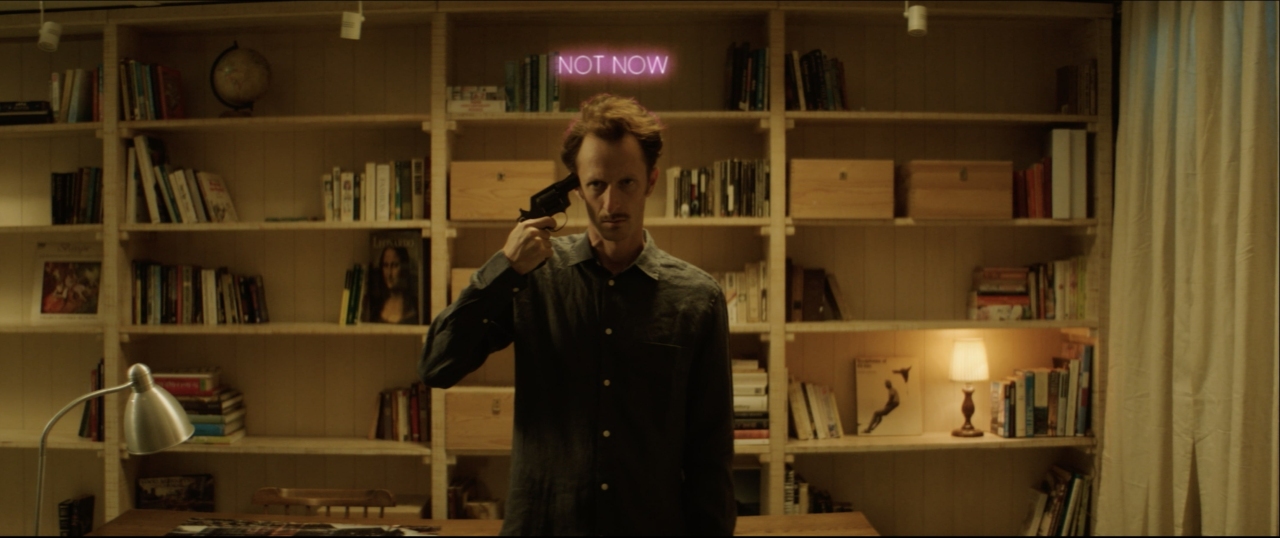
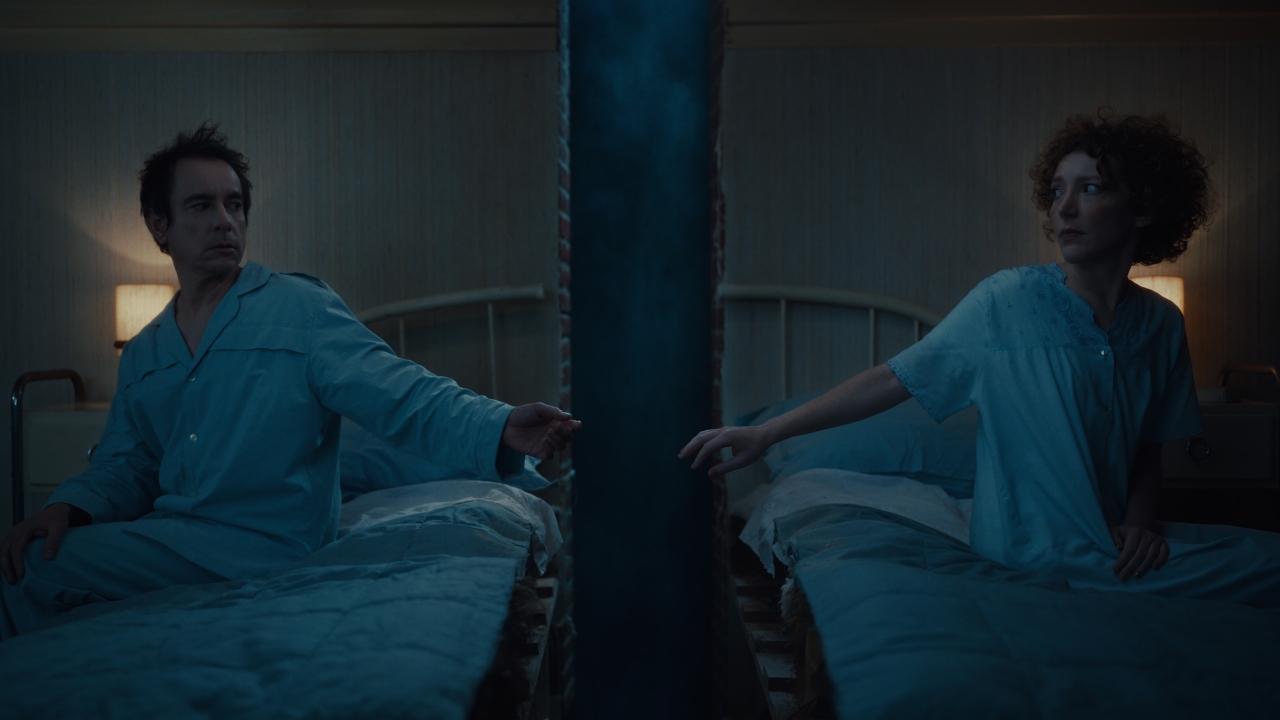
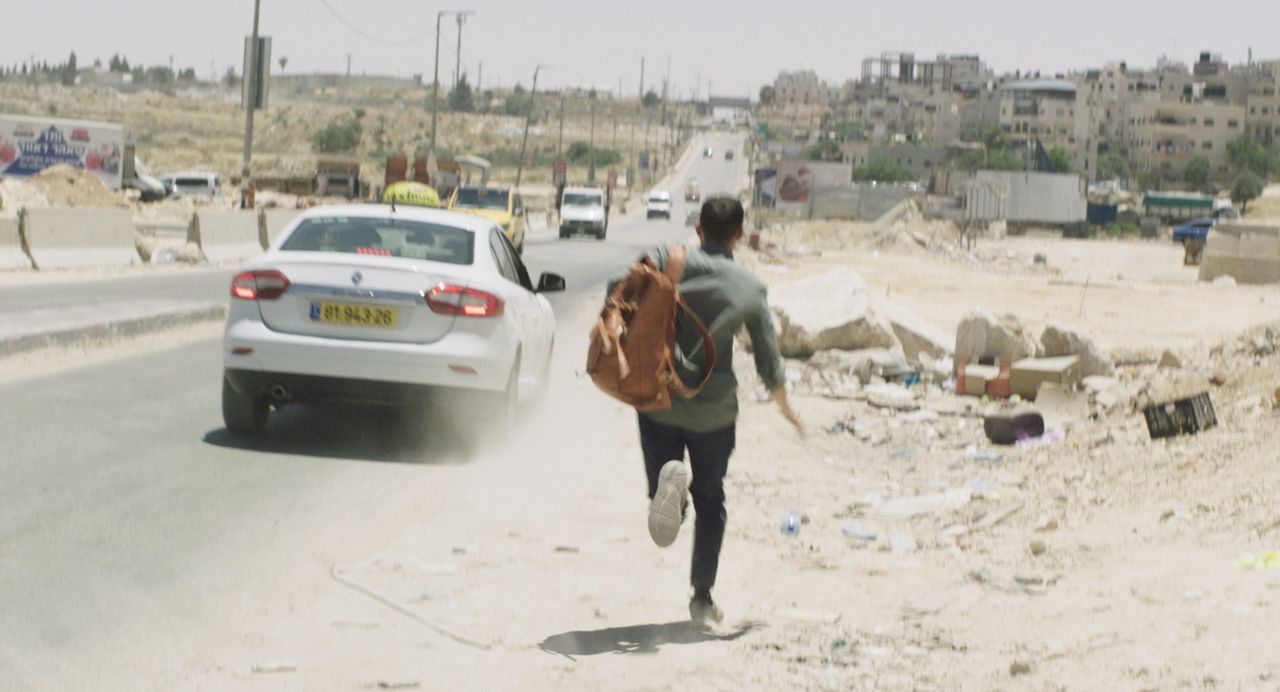
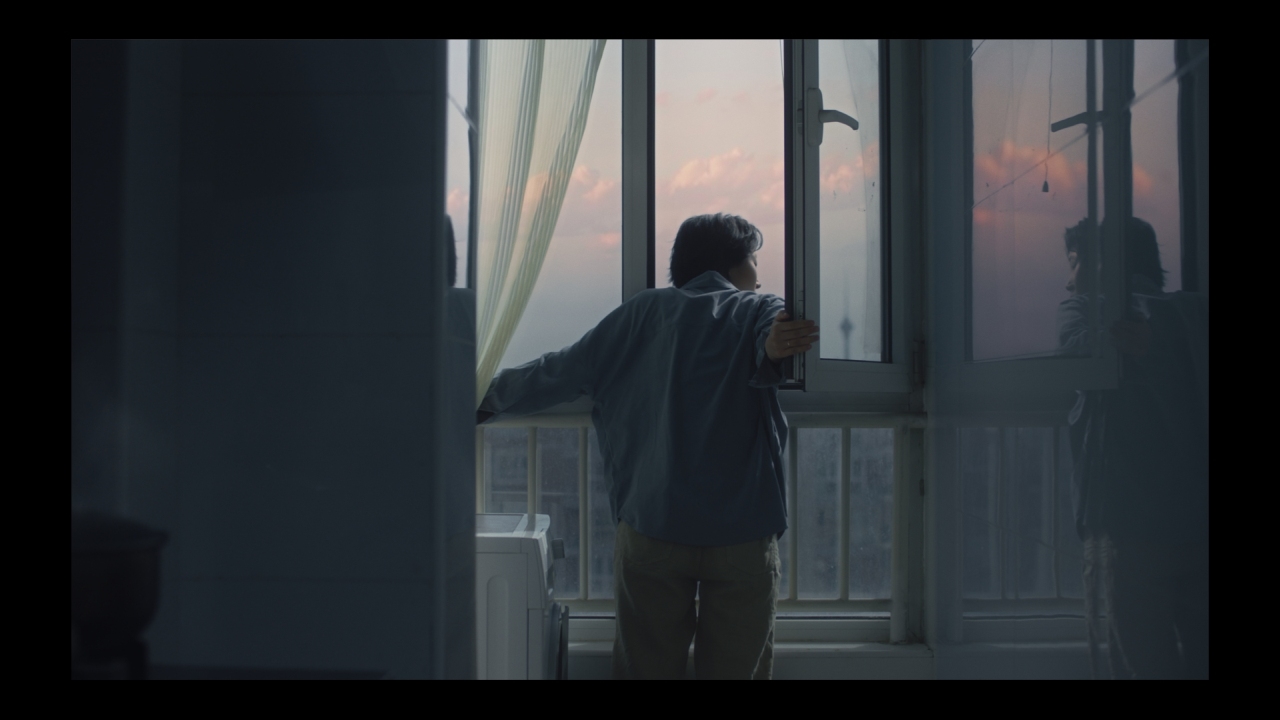
Comedic tones resonate in Manual for a Divorce (dir. Peter Ghesquiere). Divorce is not as complicated as adults claim. You just need to divide everything into two equal parts and make sure that former partners live far enough apart from each other. After six years of tearing your hair out, crying, and suffering, you’ll finally be able to have a civil conversation. Unfortunately, a breakup doesn’t please the 17-year-old protagonist of Abel (dir. Dekel Berenson, Paul Wesley). Trying to somehow cope with the situation, the teenager takes a gun from his house and sets off. A young security guard from Captive (dir. Lika Nadir) is also interested in weapons. Suspended between working in a nightclub, where he monitors surveillance and observes beautiful girls, and the awareness of an ongoing war nearby, he can’t find his place. Who knows, maybe soon he will end up on the front lines. A shotgun also appears in the macabre How to Skin a Cheetah. Director Meghan O’Shaughnessy invites viewers into a maze full of traps where revenge fantasies intertwine with disease, lies, loneliness, despair, violence, and dreams of an escape to Tanzania.
List of documentary films qualified for the International Short Film Competition:
- Autism Plays Itself, dir. Janet Harbord, United Kingdom, 18’, 2023
- Babylonia / Babilonia, dir. Duda Gambogi, Cuba, Brazil, 23’, 2024
- Fahnenflucht, dir. Emil Ahlhelm, Konradin Schuchter, Germany, 29’, 2023
- A Good Mind Grows in Thorny Places, dir. Katarína Gramatová, Slovakia, 20’, 2023
- Don Benjamin, dir. Ivan Zahínos, Spain, 29’, 2024
- Amma’s Pride, dir. Shiva Krish, India, 20’, 2024
- Emilio Barreto: Angels and Demons, dir. Cris Arana, Spain, 26’, 2024
- Where Russia Ends, dir. Oleksiy Radynski, Ukraine, 25’, 2024
- Submarine, dir. Oliwia Zakrzewska, Poland, 17’, 2024
- Inside San Isidro, dir. Katherine Bisquet, Cuba, 28’, 2023
- Blank Page Syndrome, dir. Jānis Ābele, Toms Šķēle, Latvia, 8’, 2024
- Force and Courage, Rise and Decline of an Italian Football Club, dir. Francesco Bovara, Giovanni Merlini, Italy, 20’, 2023
List of animated films qualified for the International Short Film Competition:
- Silent Panorama, dir. Nicolas Piret, Belgium, 5’, 2024
- The Shadow Of Dawn, dir. Olga Stalev, Estonia, 15’ 2023
- Ready, dir. Eirini Vianelli, Greece, Belgium, 11’, 2023
- Me, Monster, dir. Zofia Tomalska, Poland, 9’, 2024
- Joko, dir. Izabela Plucińska, Poland, Czechia, Germany, 15’, 2024
- The Illustrated Woman, dir. Isabel Herguera, Spain, 8’, 2023
- Moving Mountains, dir. Jessica Poon, Germany, 6’, 2024
- The Car That Came Back From the Sea, dir. Jadwiga Kowalska, Switzerland, 11’, 2023
- Three Birds, dir. Zarja Menart, Slovenia, Croatia, 8’, 2024
- On the 8th Day, dir. Agathe Sénéchal, Alicia Massez, Elise Debruyne, Flavie Carin, Théo Duhautois, France, 8’, 2023
- Dark Cloud Memories, dir. Seung-hee Jung, South Korea, 12’, 2024
- Kawauso, dir. Akihito Izuhara, Japan, 15’, 2023
List of fiction films qualified for the International Short Film Competition:
- Abel, dir. Dekel Berenson, Paul Wesley USA, United Kingdom, Mexico, 15’, 2024
- Abraham, dir. Elnaz Ghaderpour, Reza Gamini, Iran, 14’, 2023
- Buzz of the Earth, dir. Greta Stocklassa, Czechia, 29’, 2023
- Red Emma, dir. Macha Ovtchinnikova, France, 14’, 2023
- Diamond Beauty, dir. Anna Korom, Hungary, 30’, 2023
- How to Skin a Cheetah, dir. Meghan O’Shaughnessy, Ireland, 20’, 2023
- Captive, dir. Lika Nadir, Ukraine, France, 15’, 2023
- Better This Way, dir. Emanuel Pârvu, Romania, 15’, 2023
- Open Eyes, dir. Qi Zhang, China, 18’, 2023
- Manual for a Divorce, dir. Peter Ghesquiere, Belgium, 12’, 2023
- An Orange from Jaffa, dir. Mohammed Almughanni, Poland, France, 26’, 2023
- Suisunday, dir. Tal Menkes, Israel, 12’, 2024
- This Peculiar Day, dir. Emilia Ondriasova, Slovakia, 19’, 2023
- Cry Me Through Hell, dir. Jae Yang, Taiwan, 29, 2023
Passes for the 64th Krakow Film Festival are on sale now!
The Krakow Film Festival is on the exclusive list of qualifying events for the Oscars® in the categories of short film (live action, animated, documentary) and documentary feature, as well as a recommending event for the European Film Awards in the same categories
The Kraków Film Festival is organised with the financial support of the Municipality of Kraków, the Ministry of Culture and National Heritage, the European Union’s Creative Europe program, the Lesser Poland Province, the Polish Film Institute. The festival is co-organised by the Polish Filmmakers Association.
The 64th Krakow Film Festival will be held in cinemas from 26 May to 2 June and online across Poland on the KFF VOD platform from 31 May to 16 June 2024.